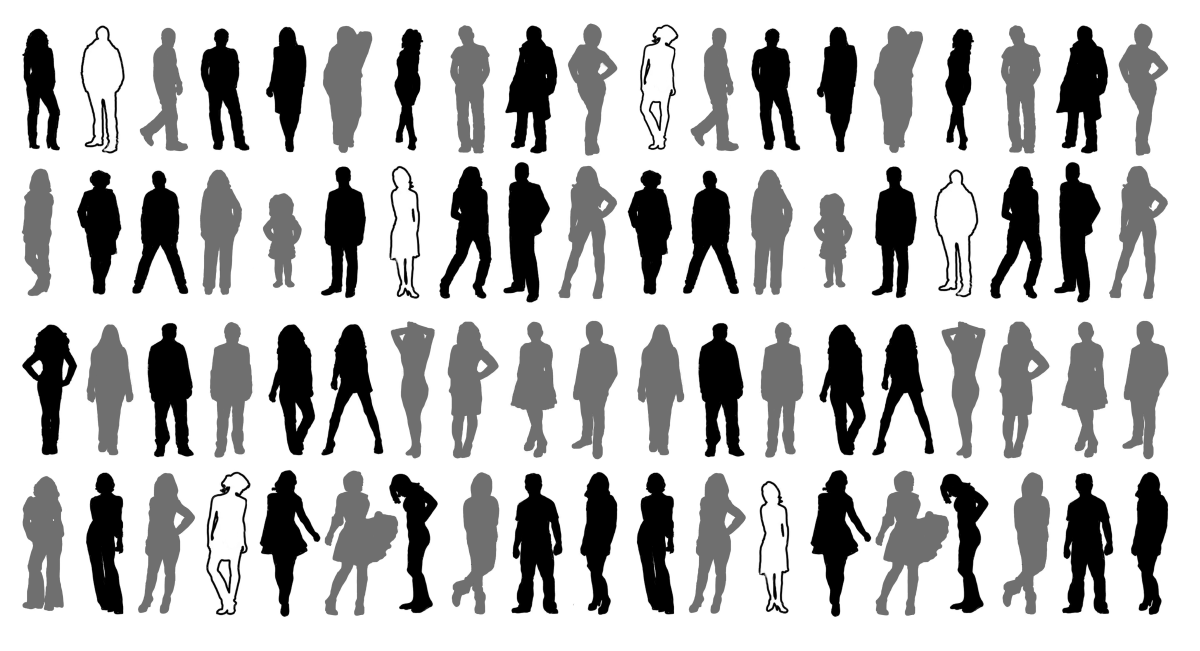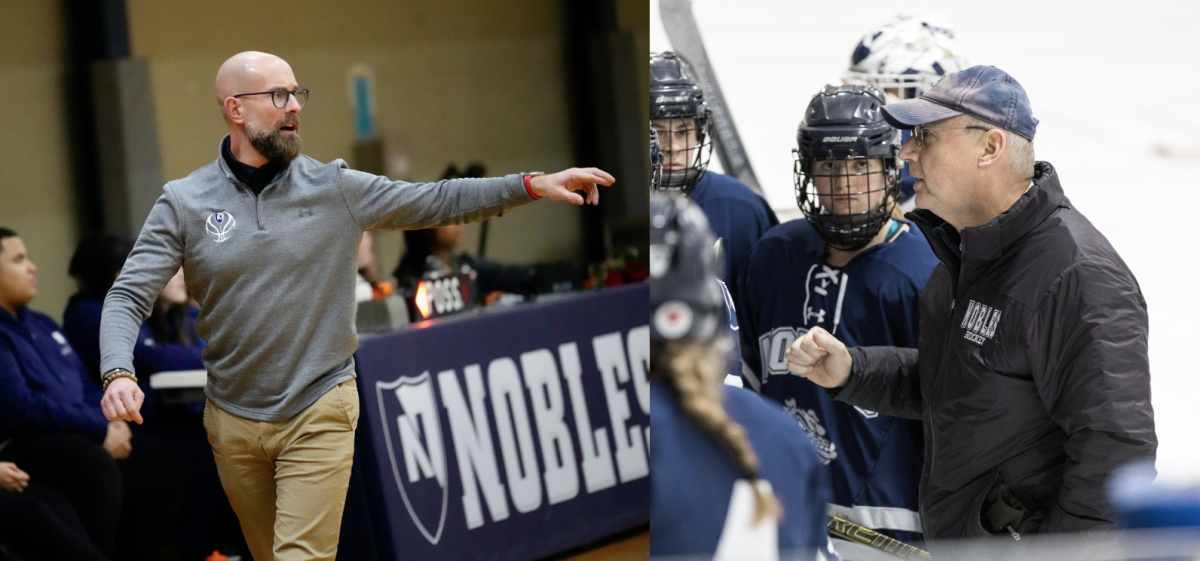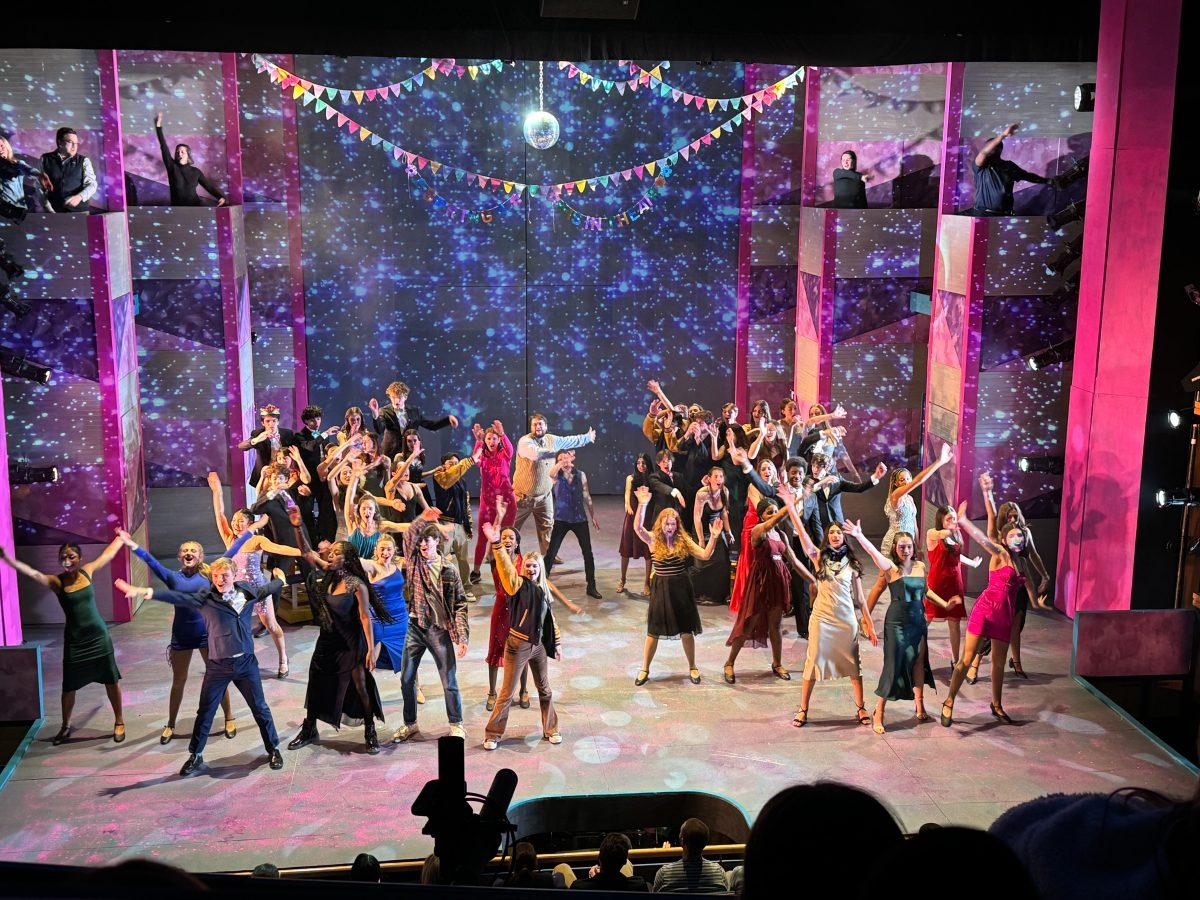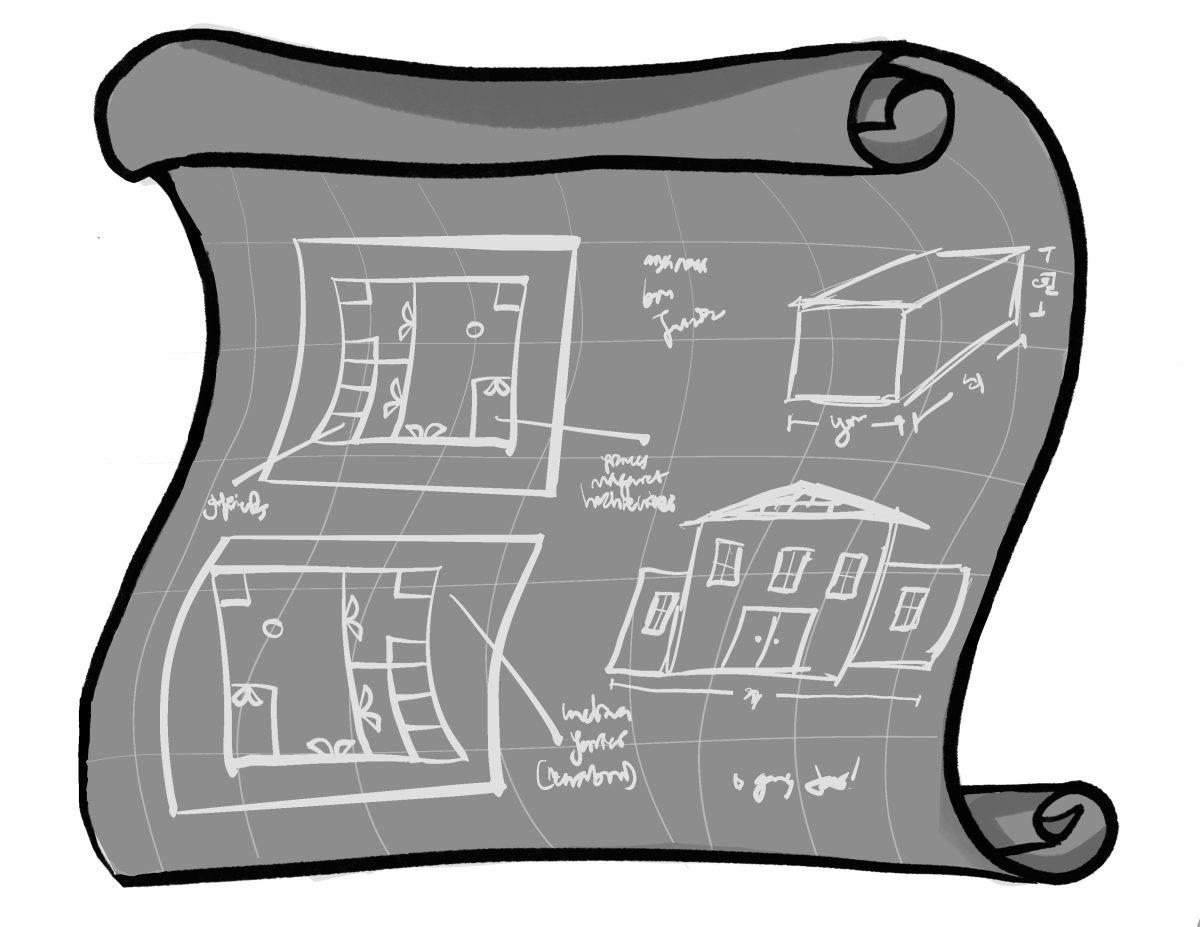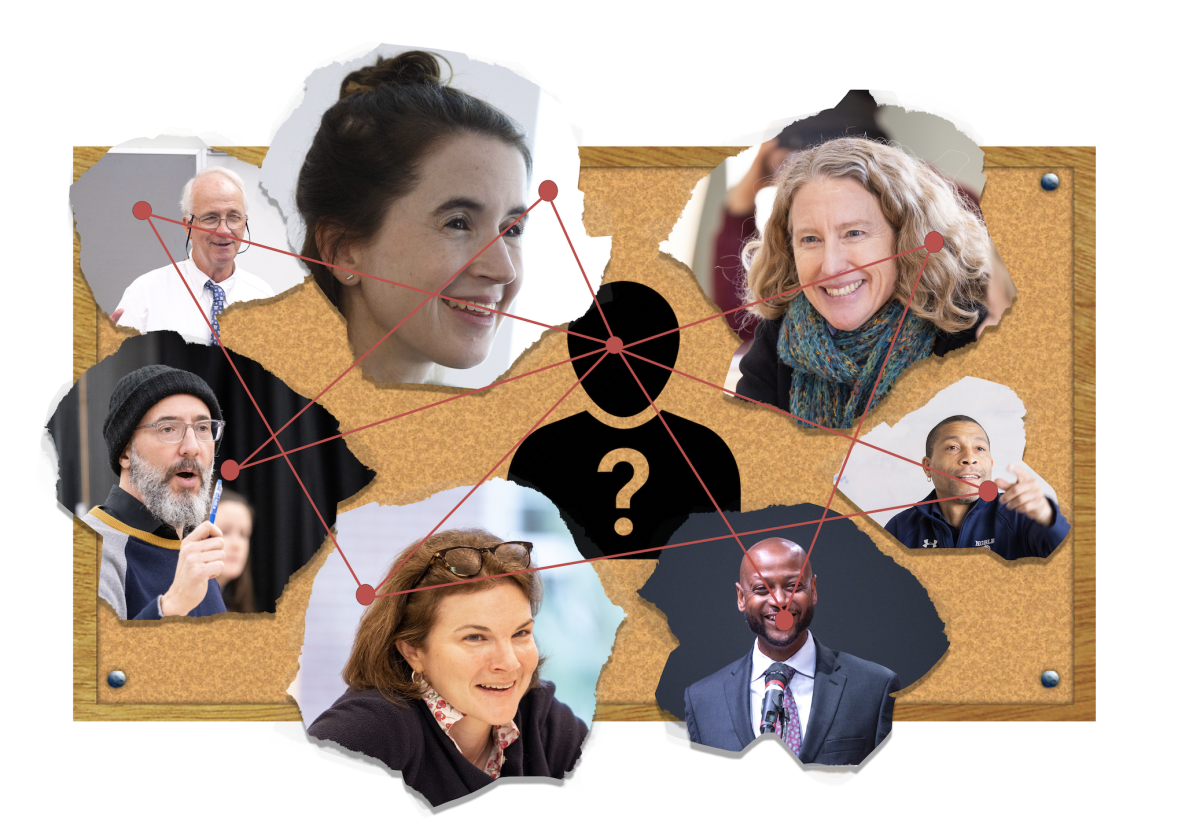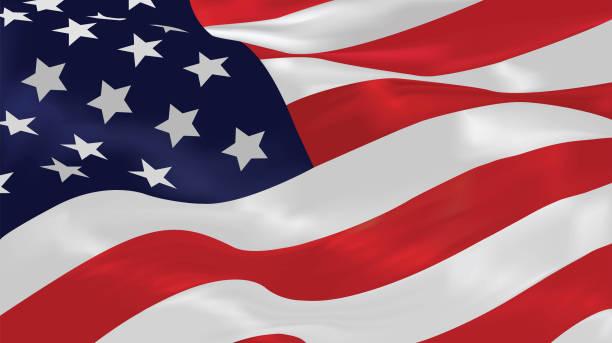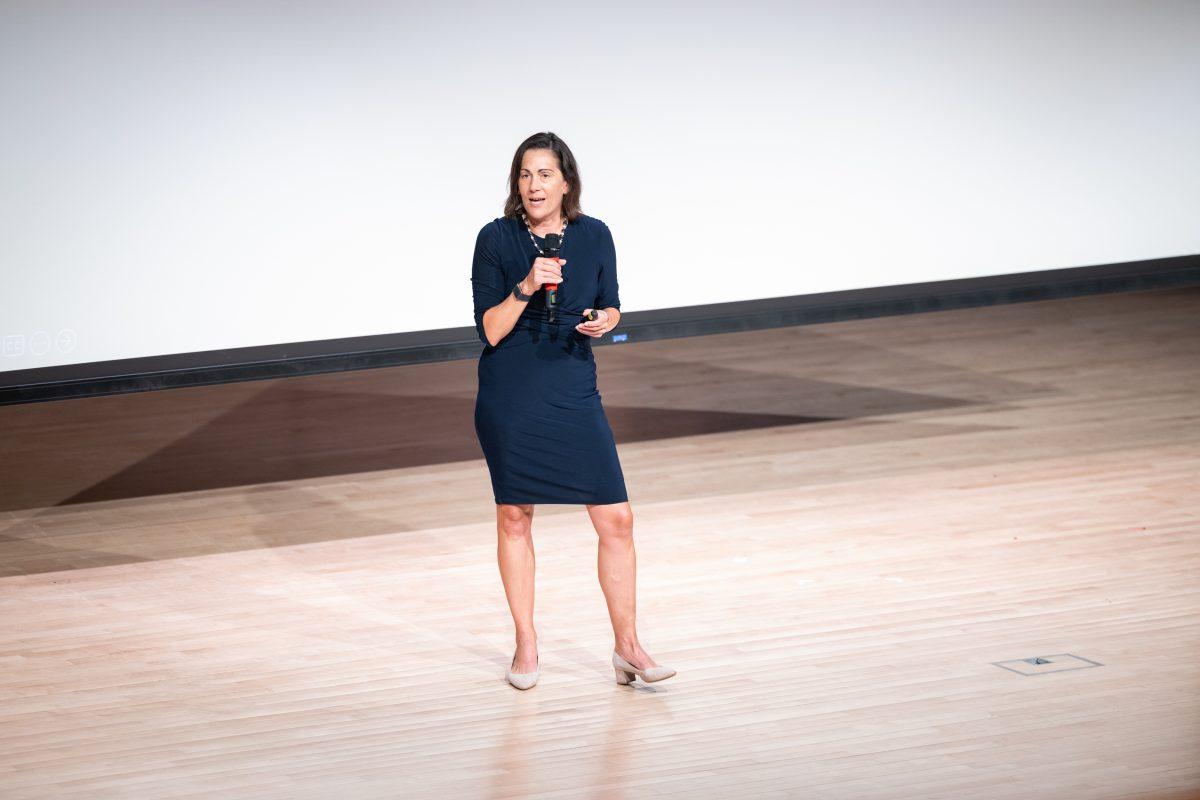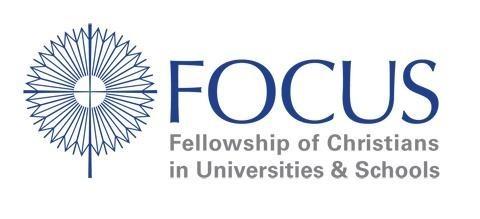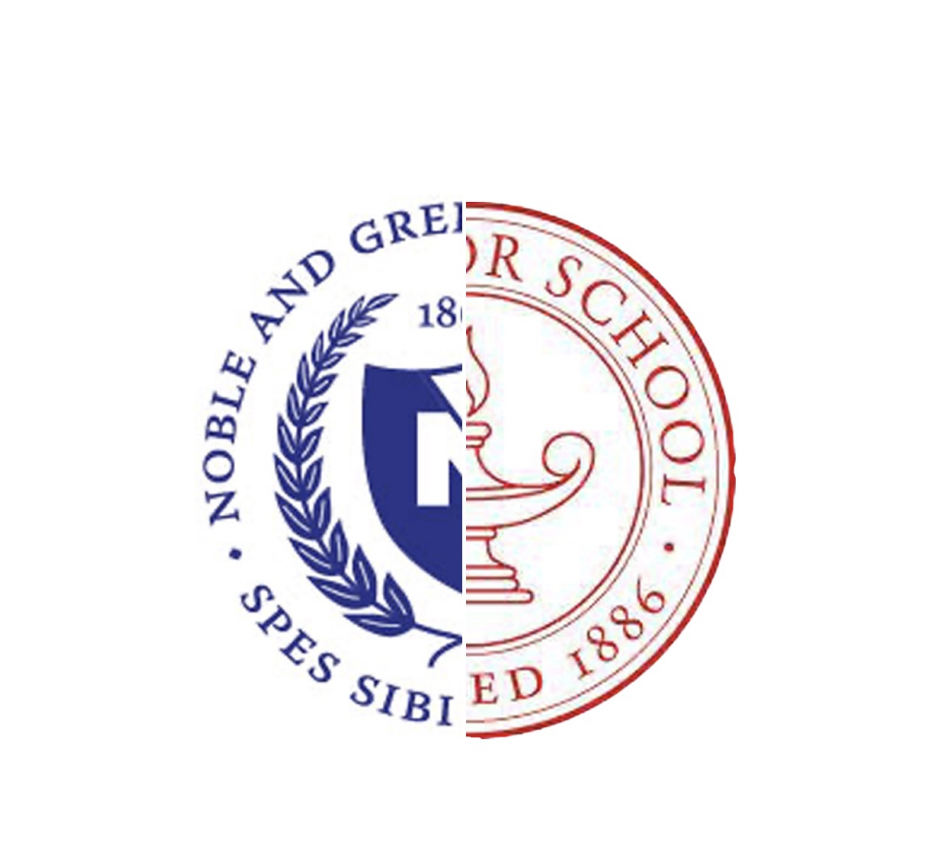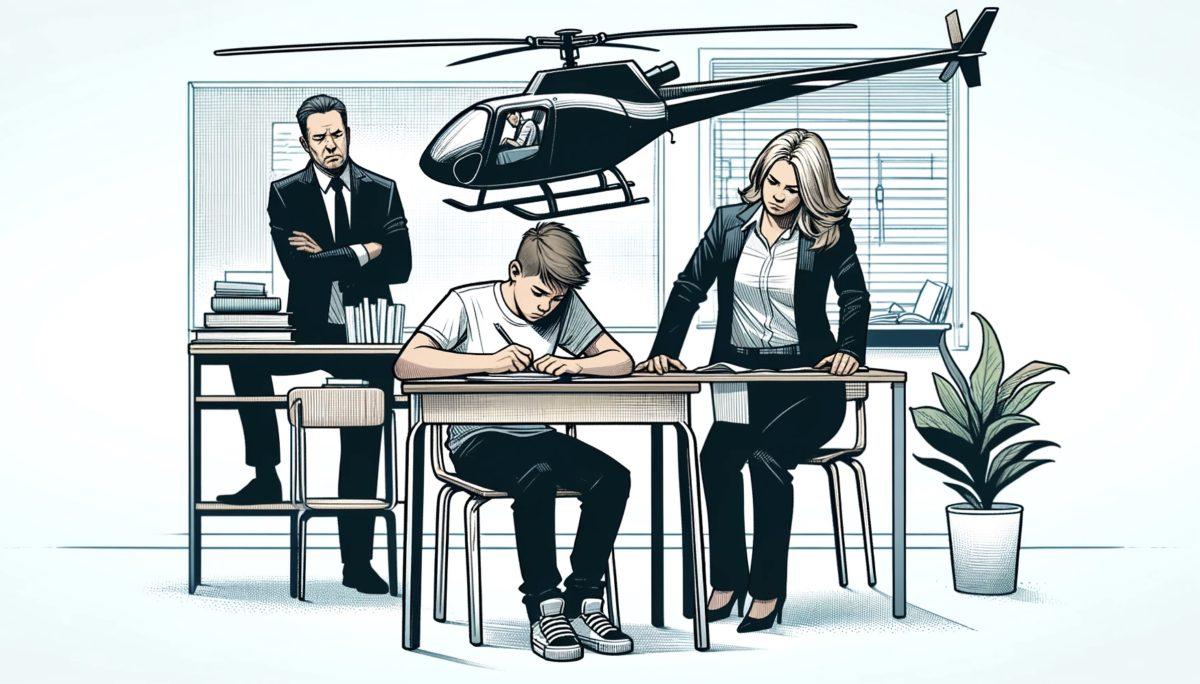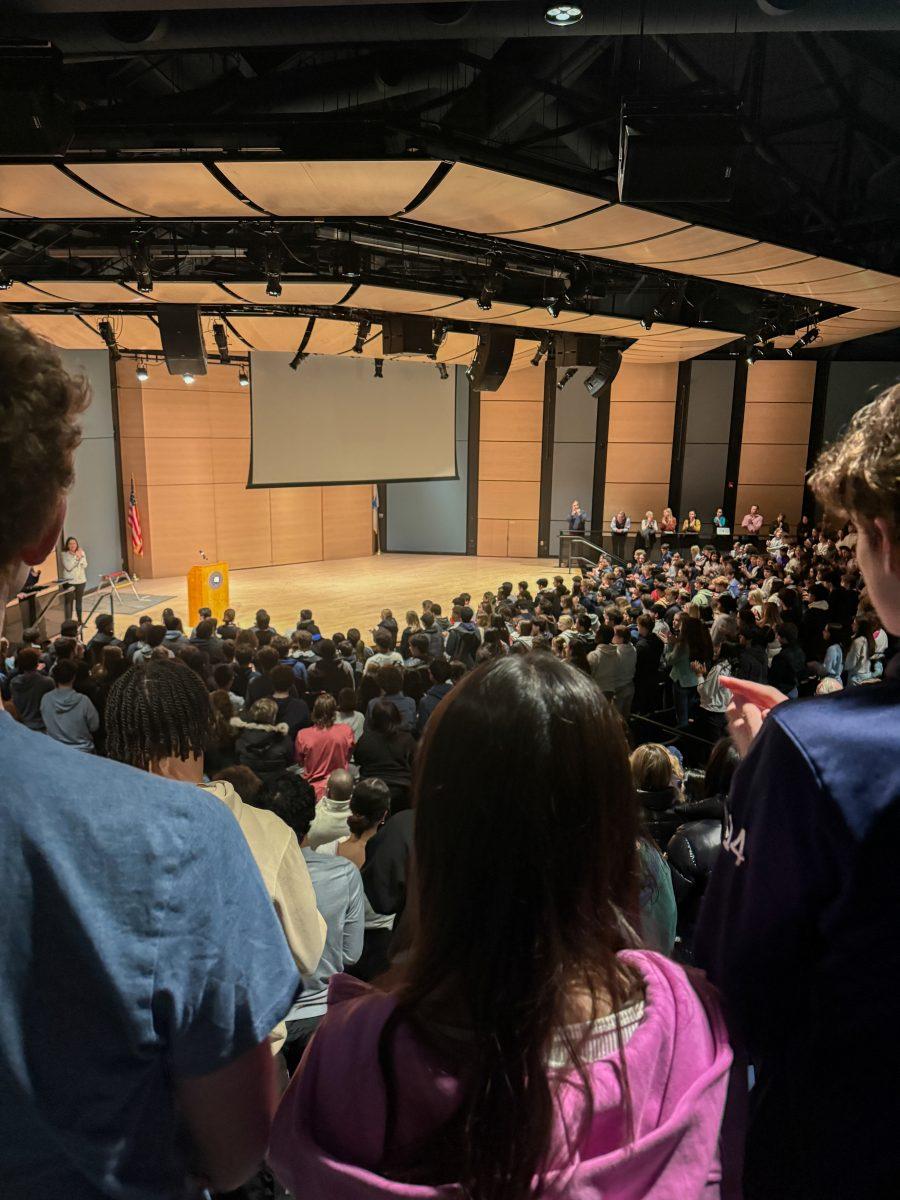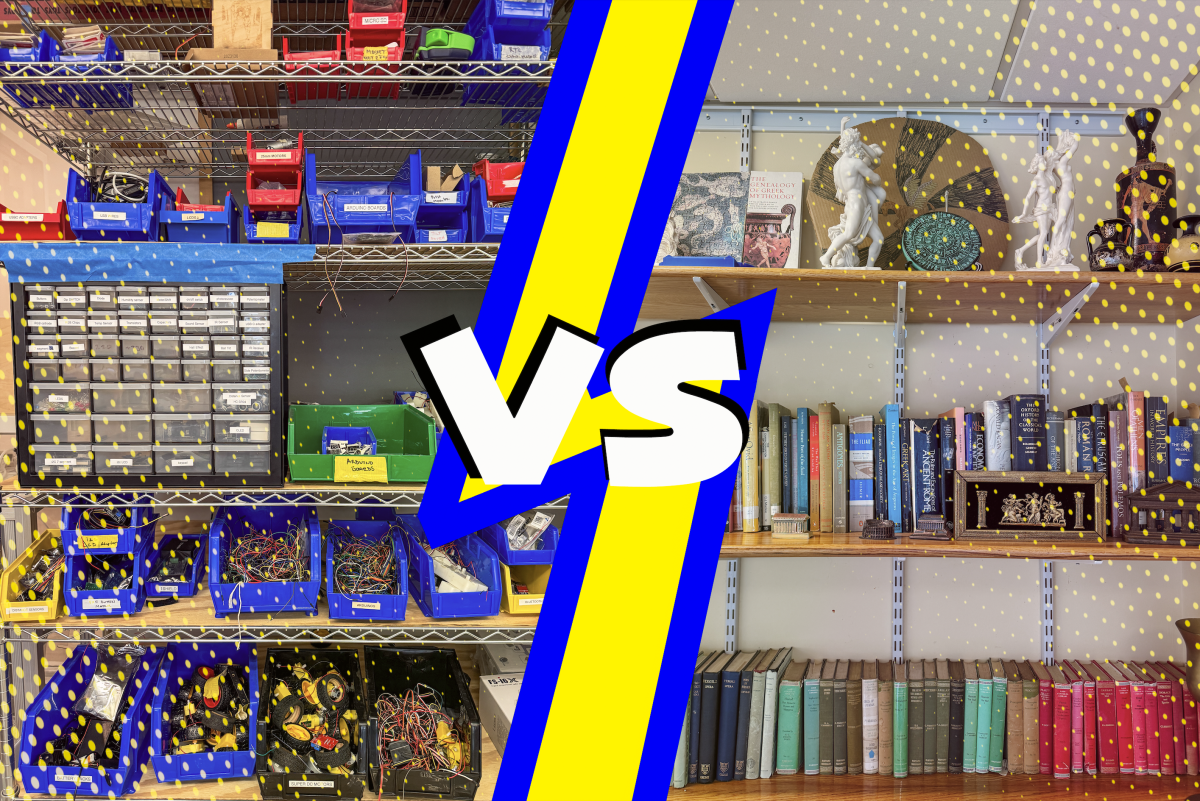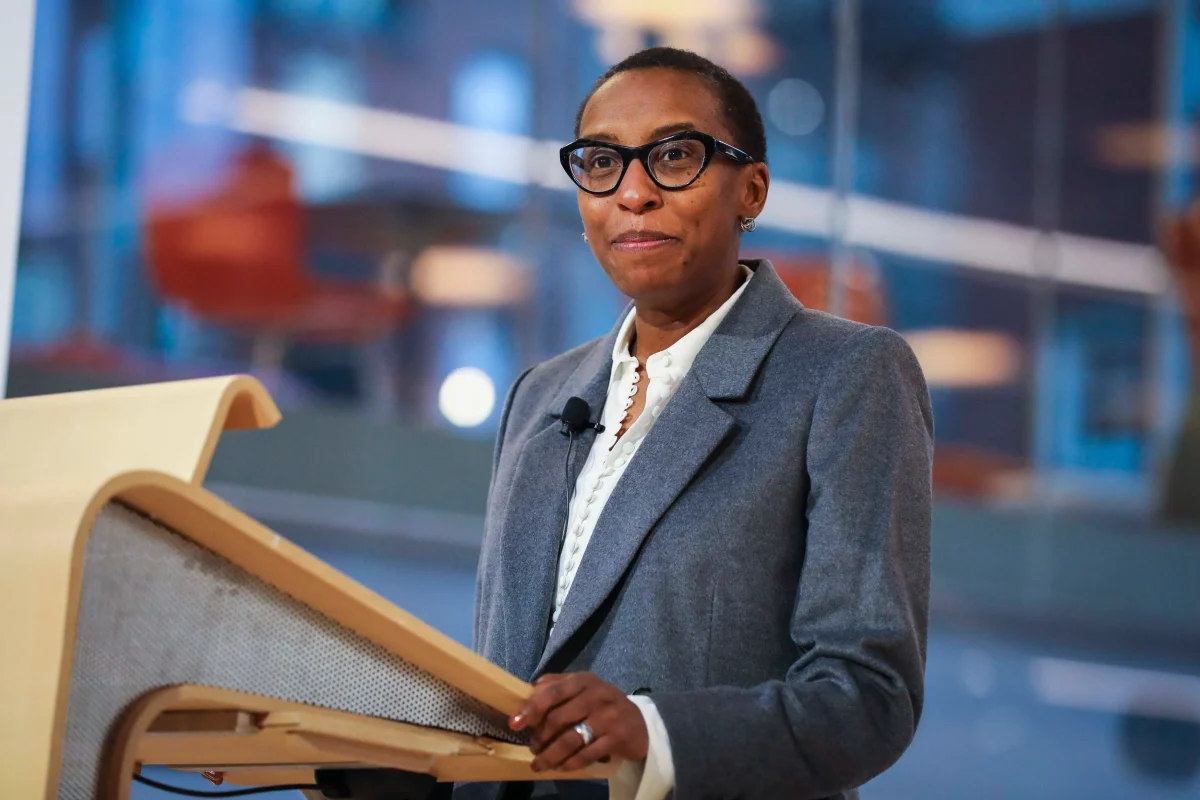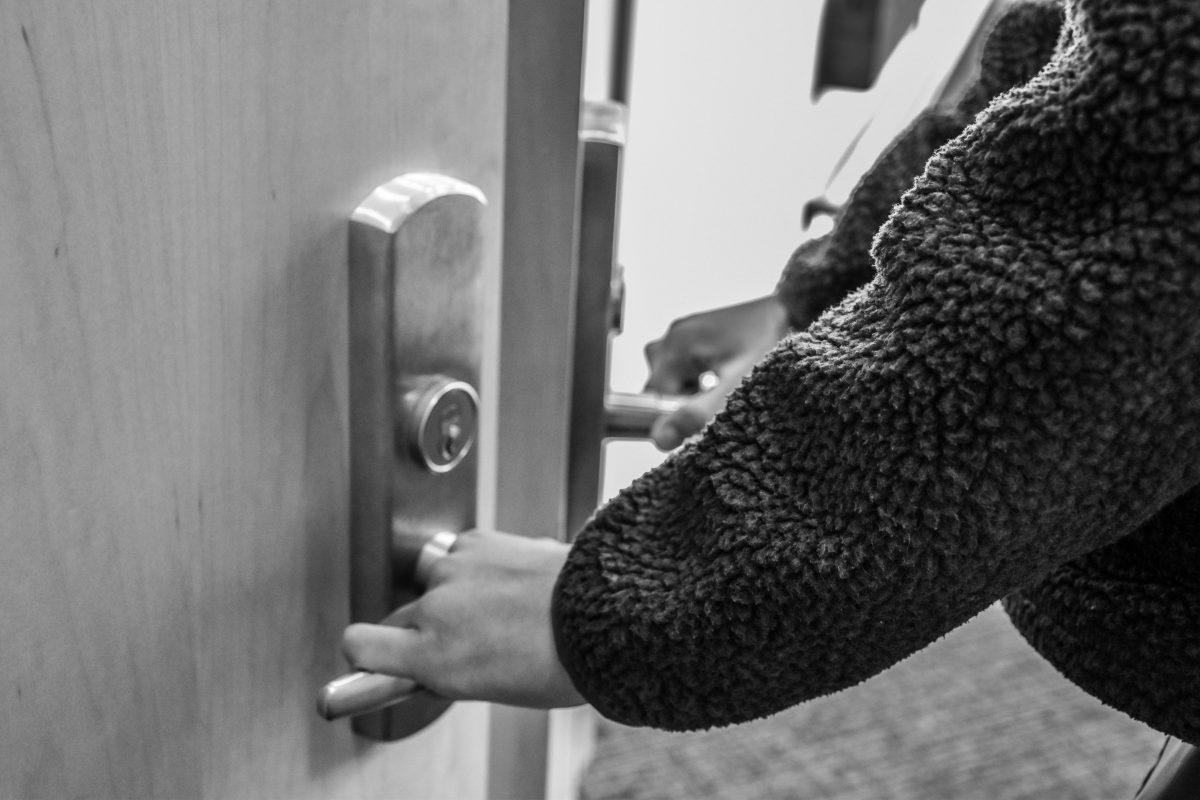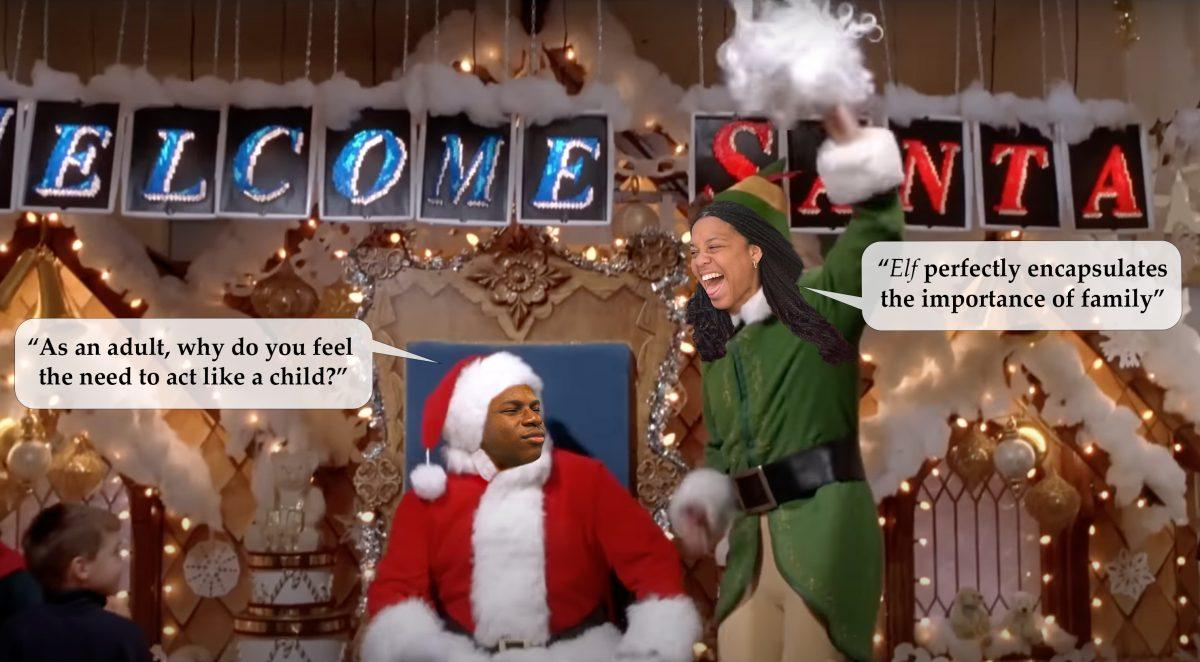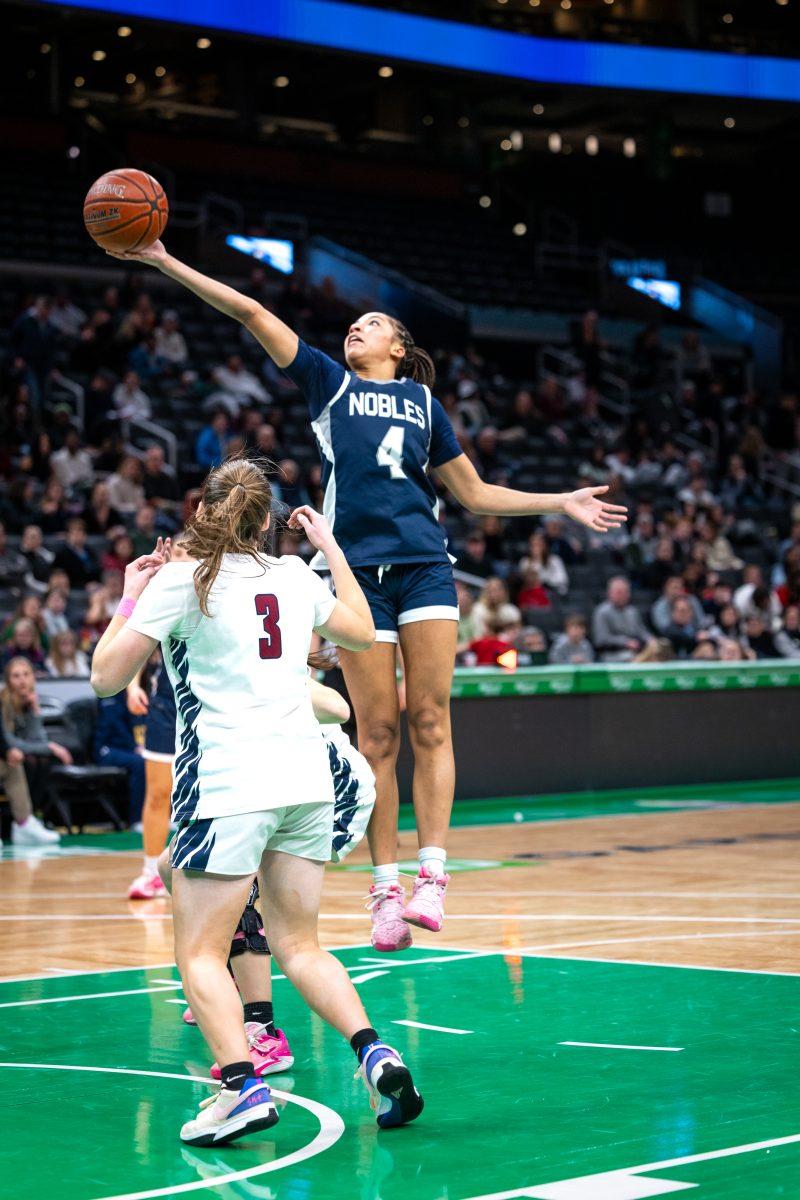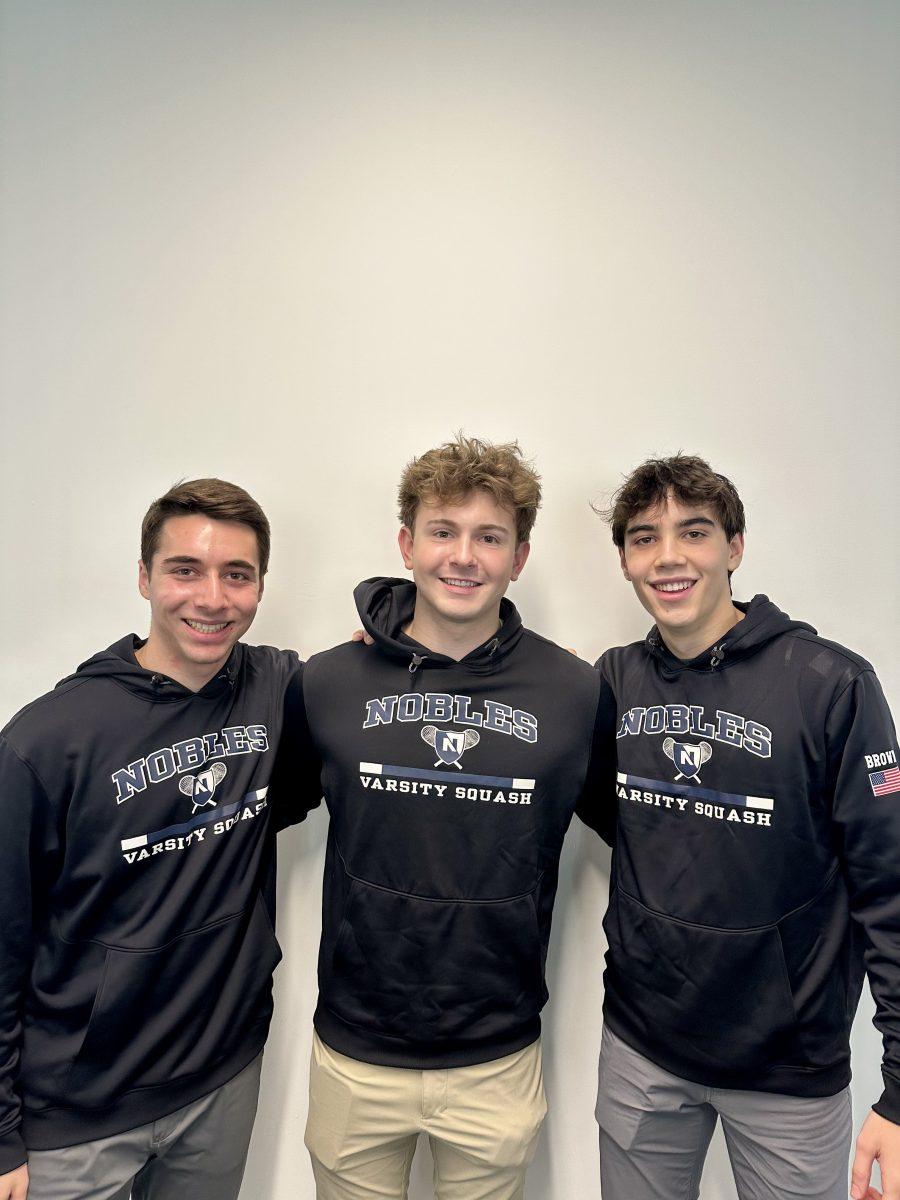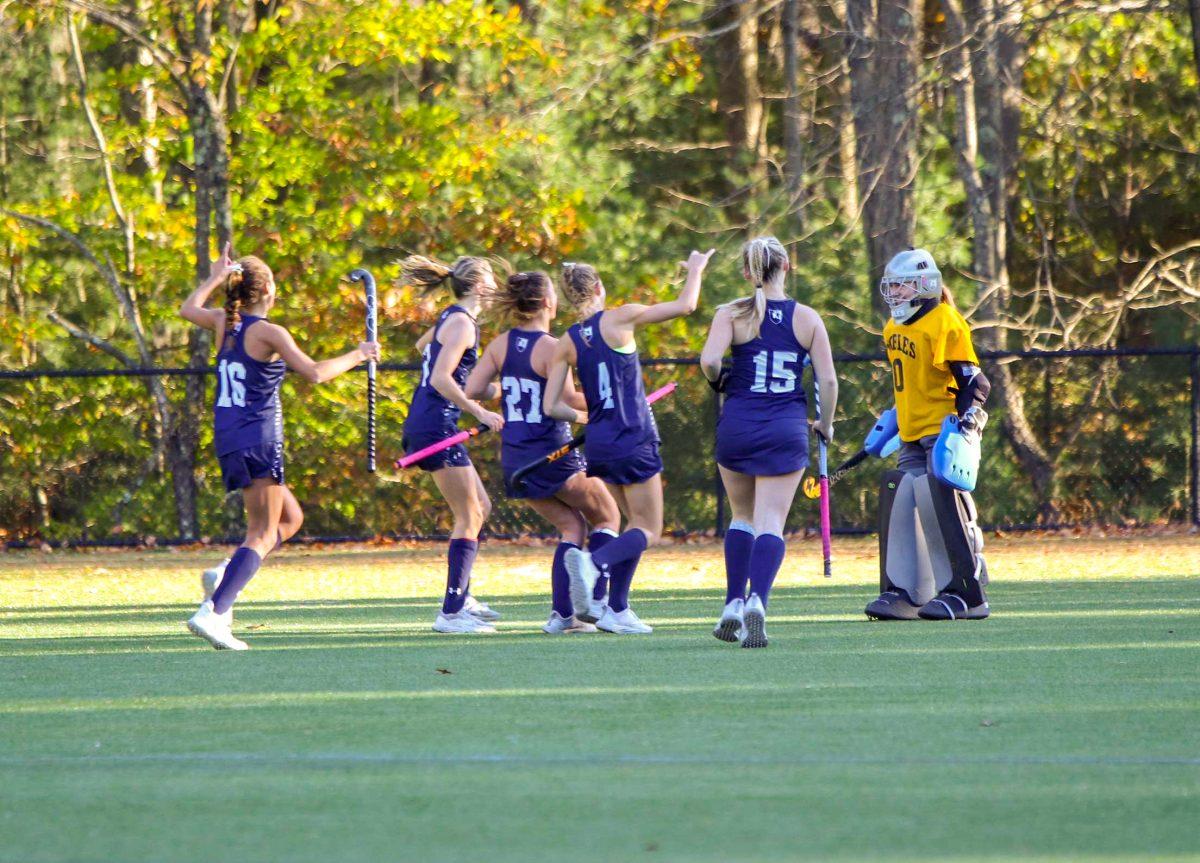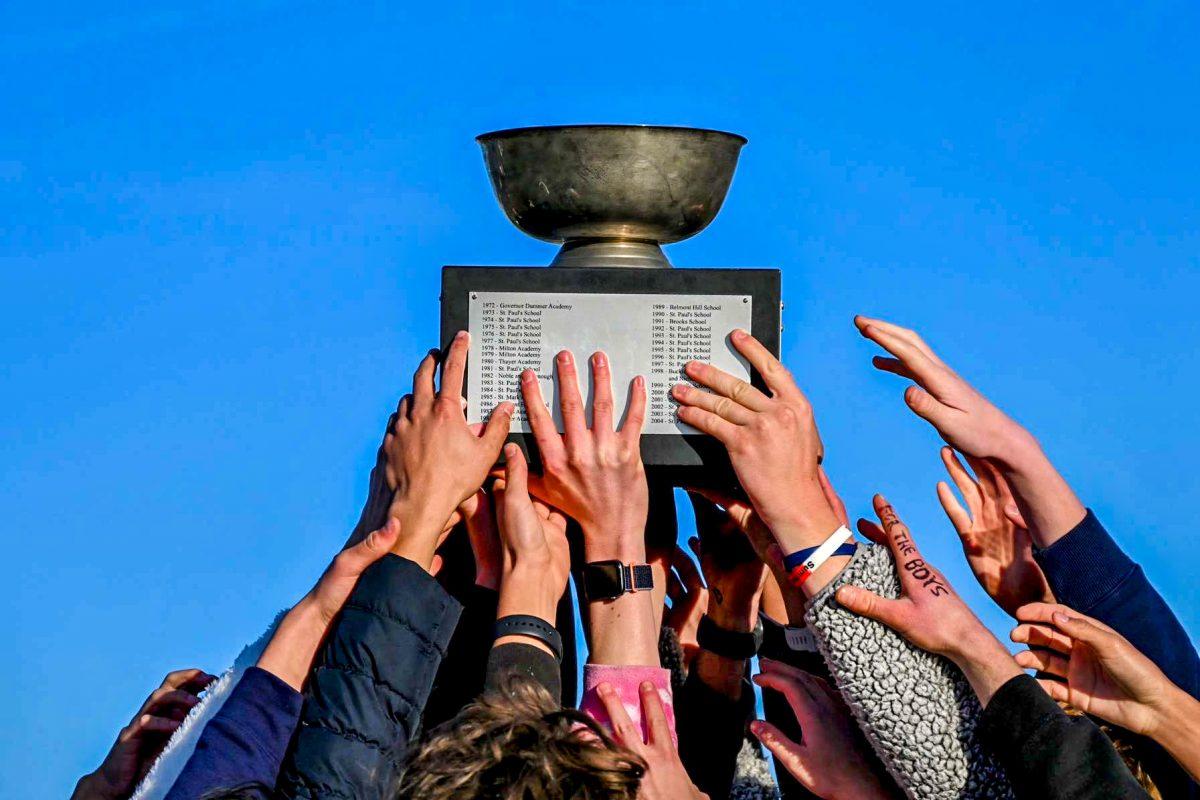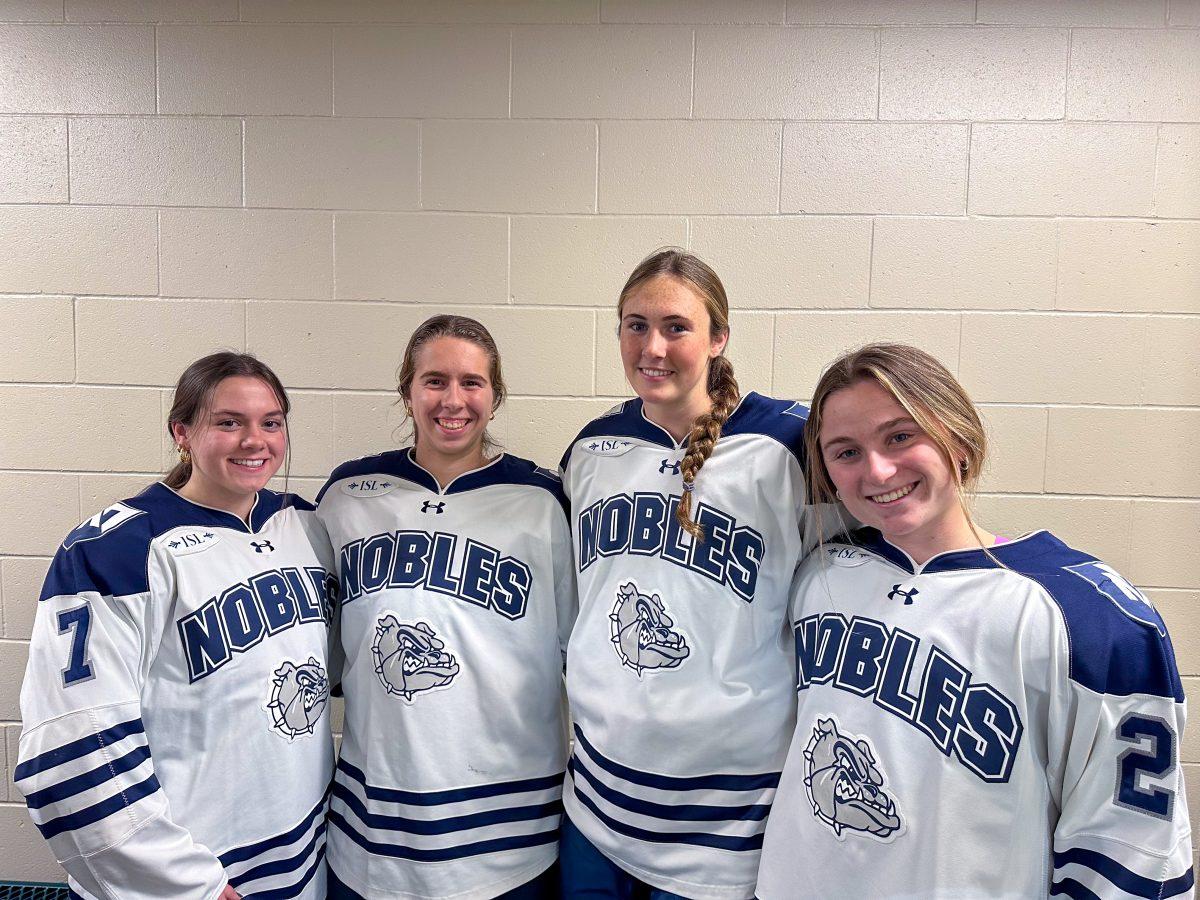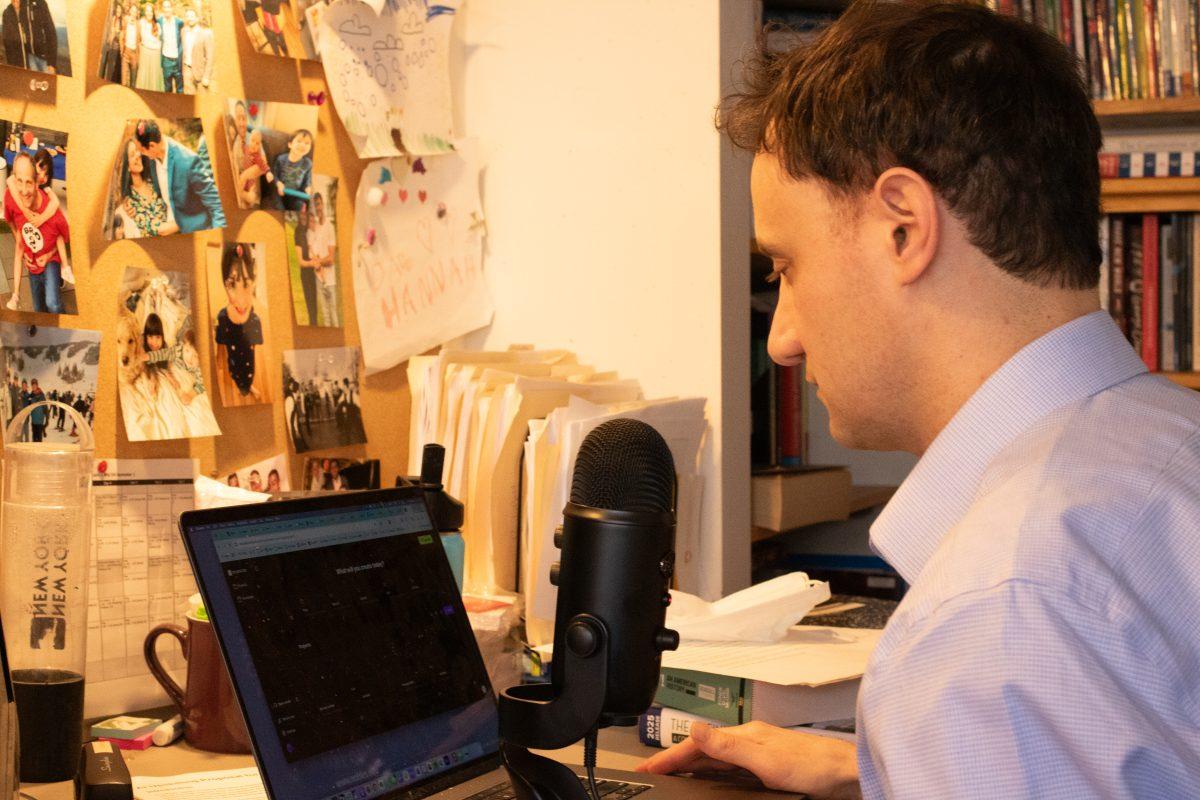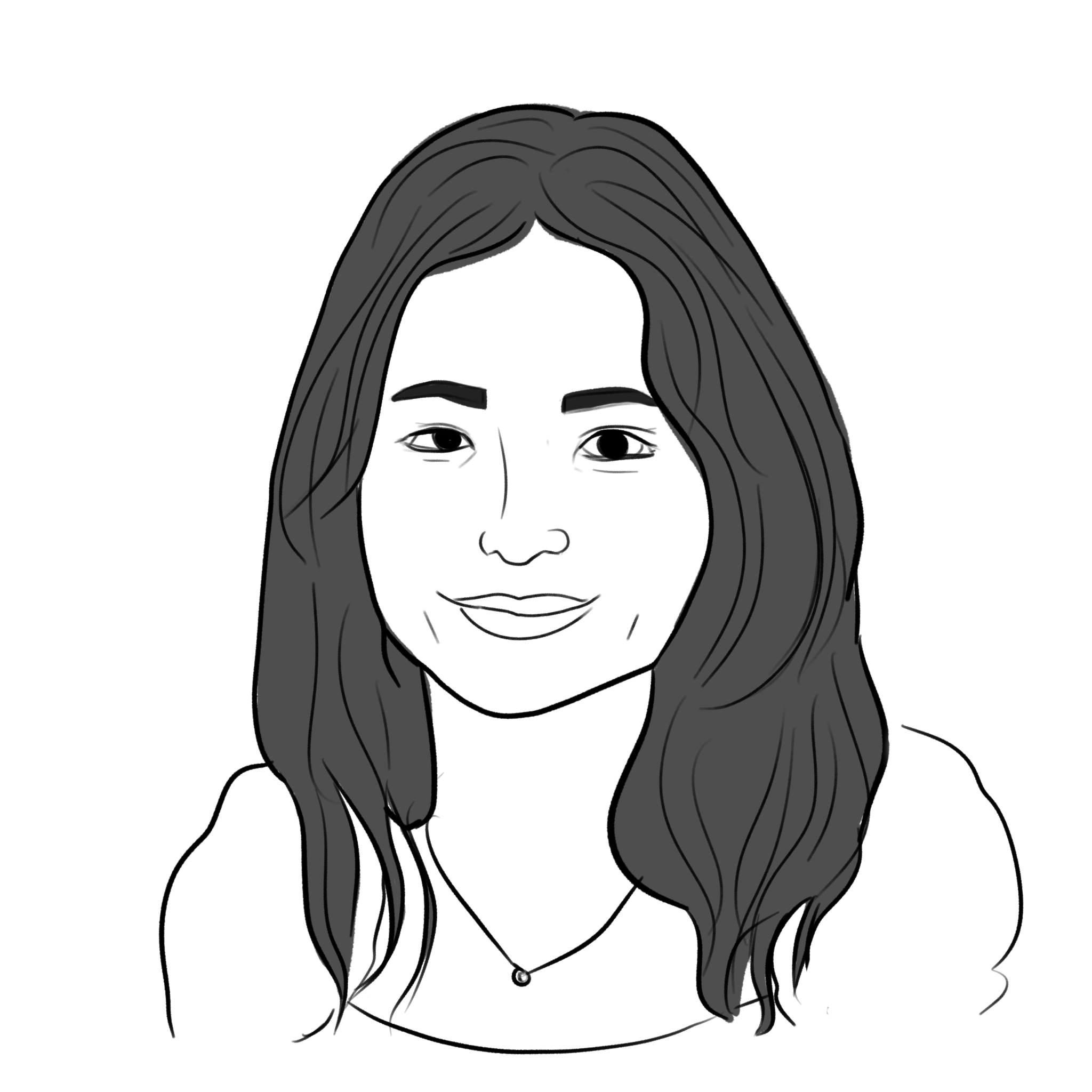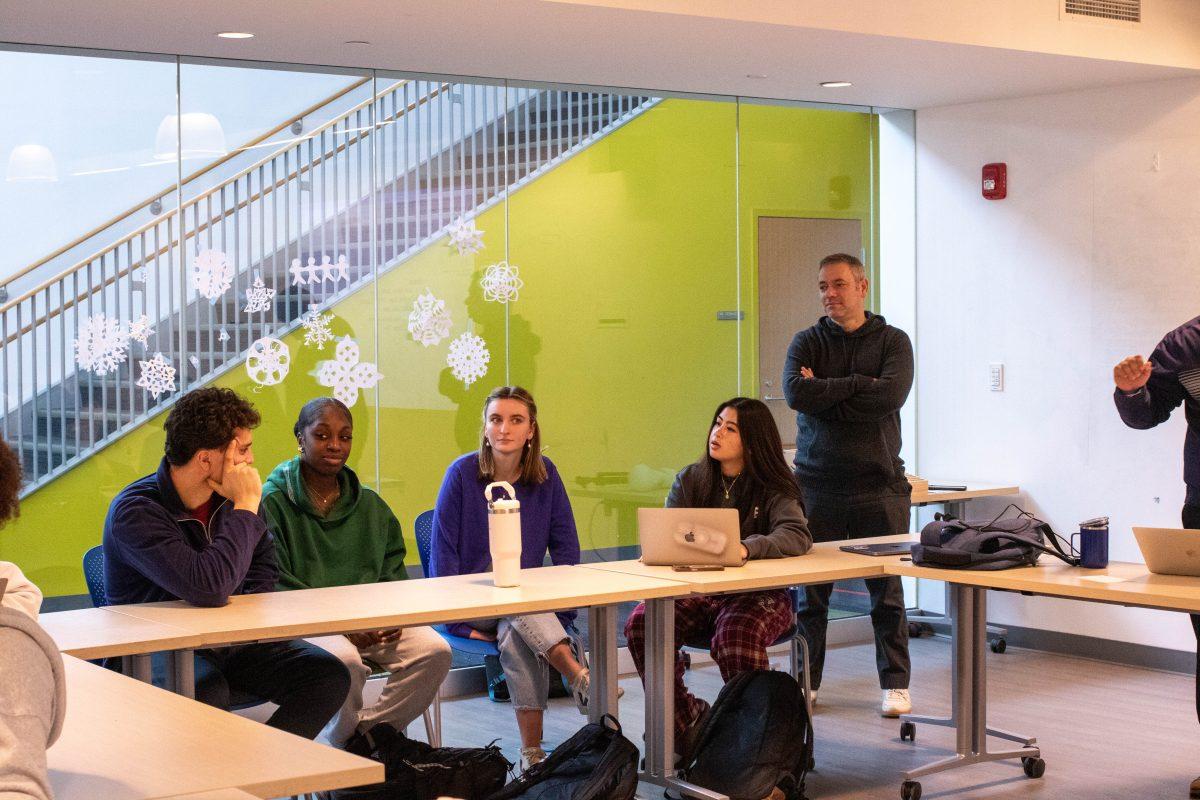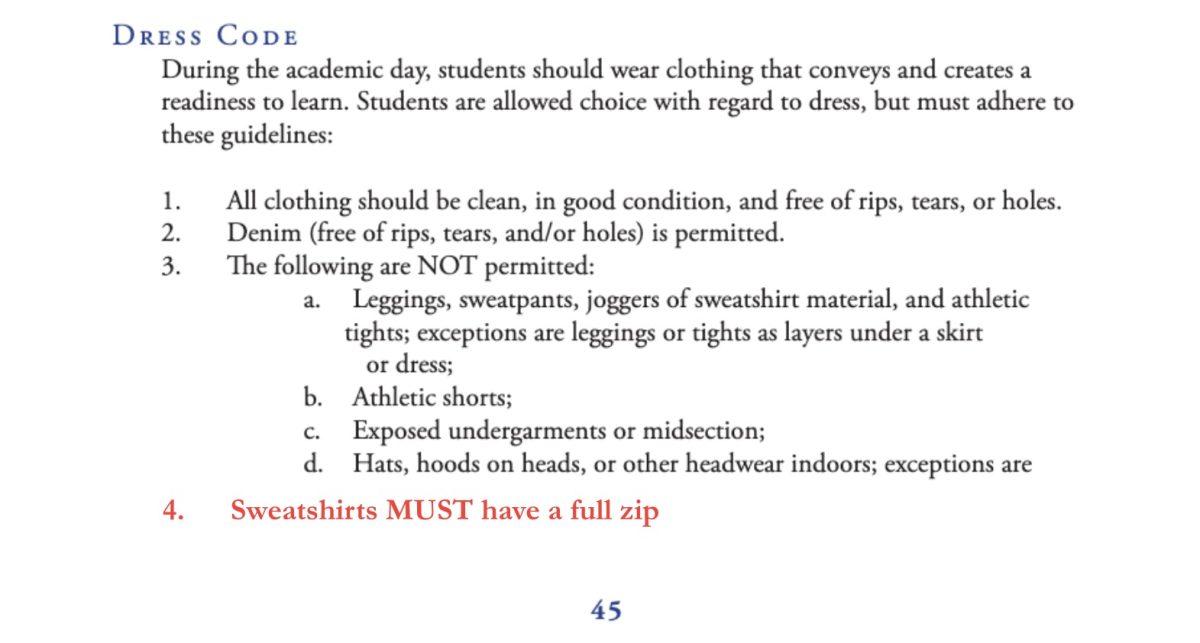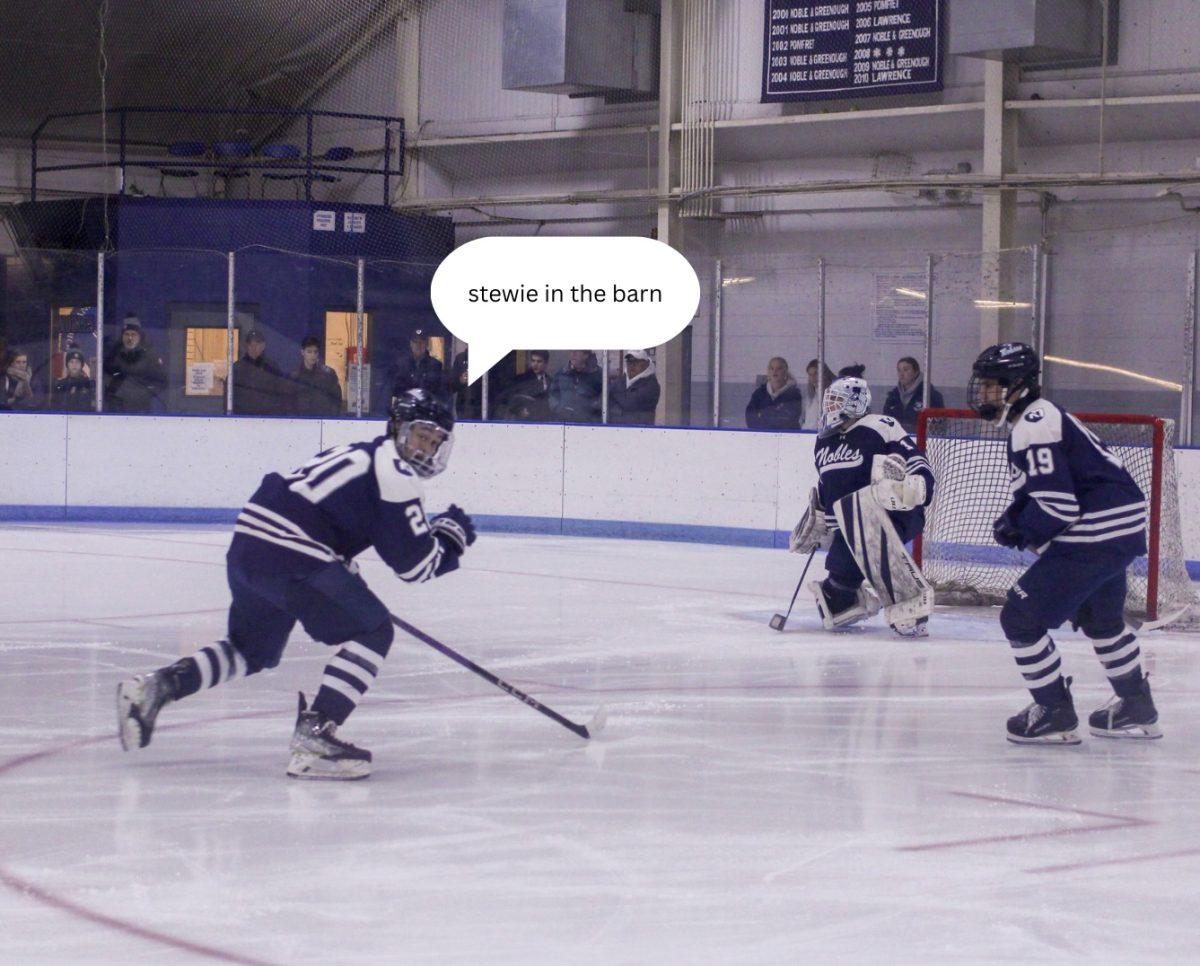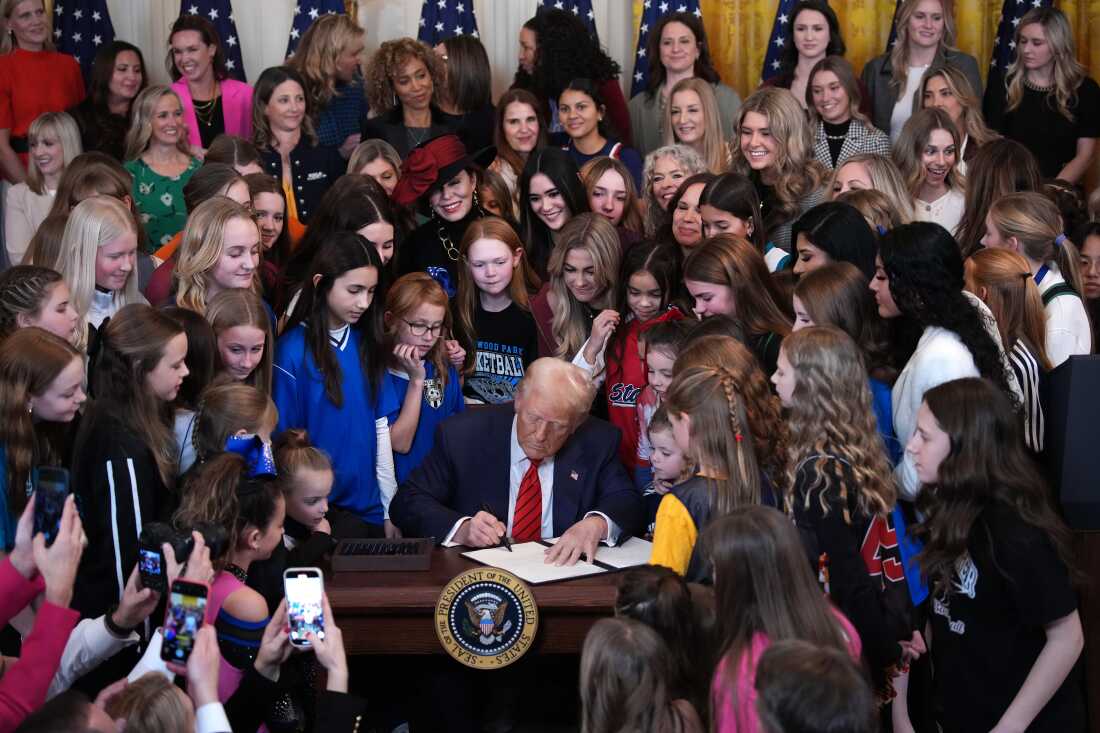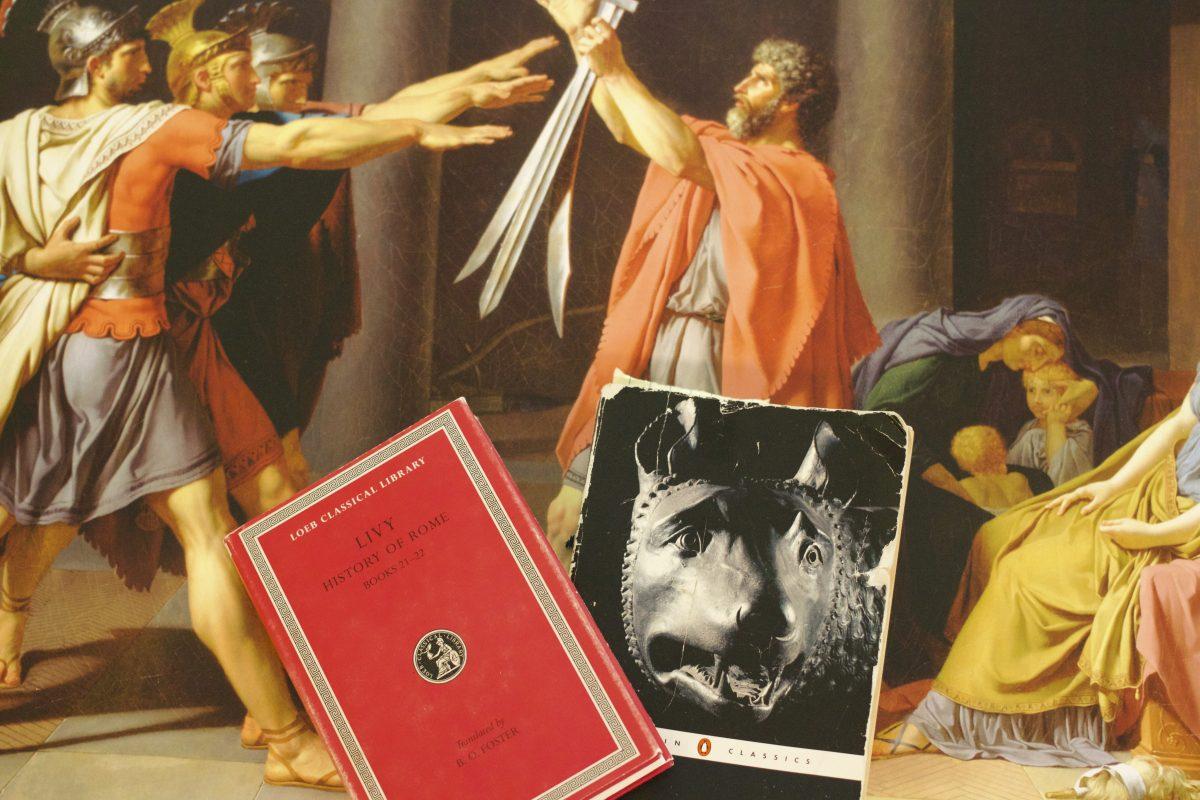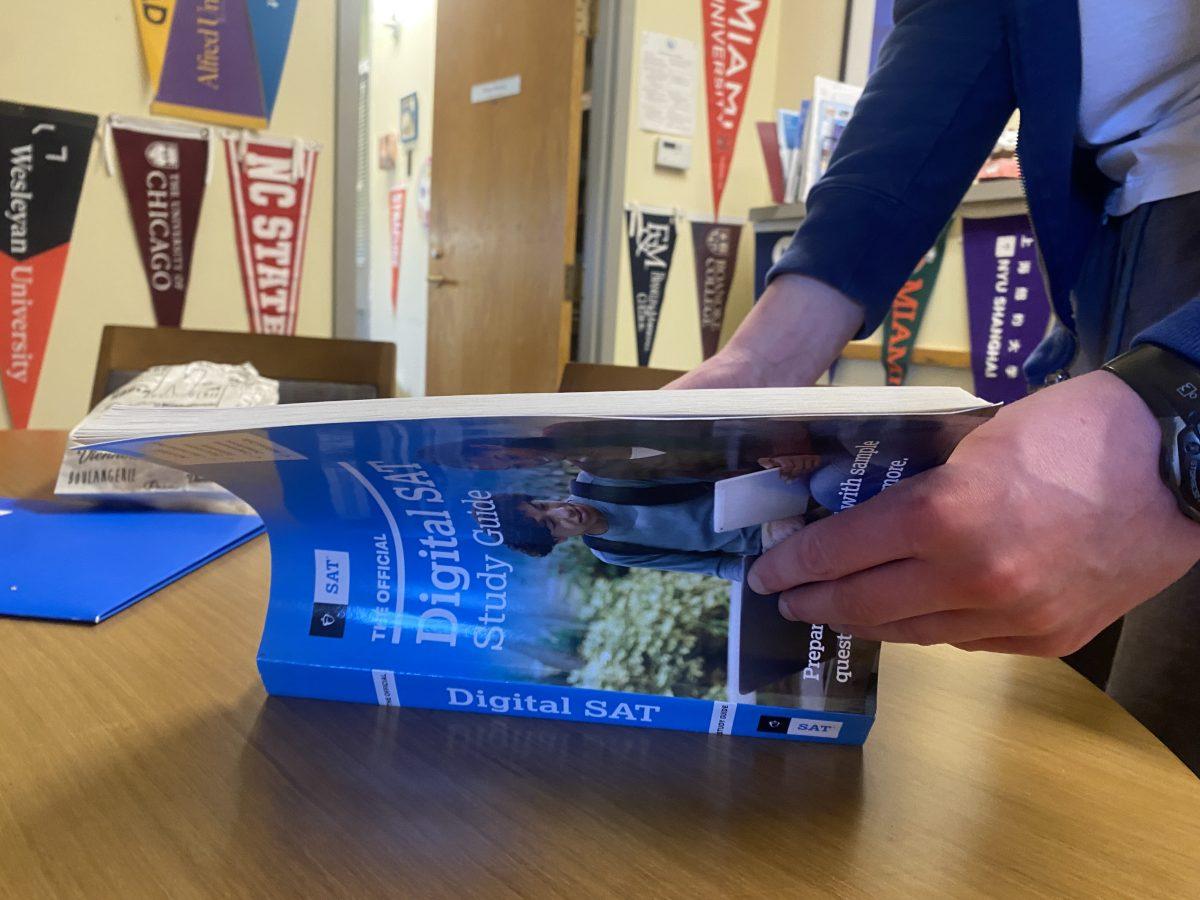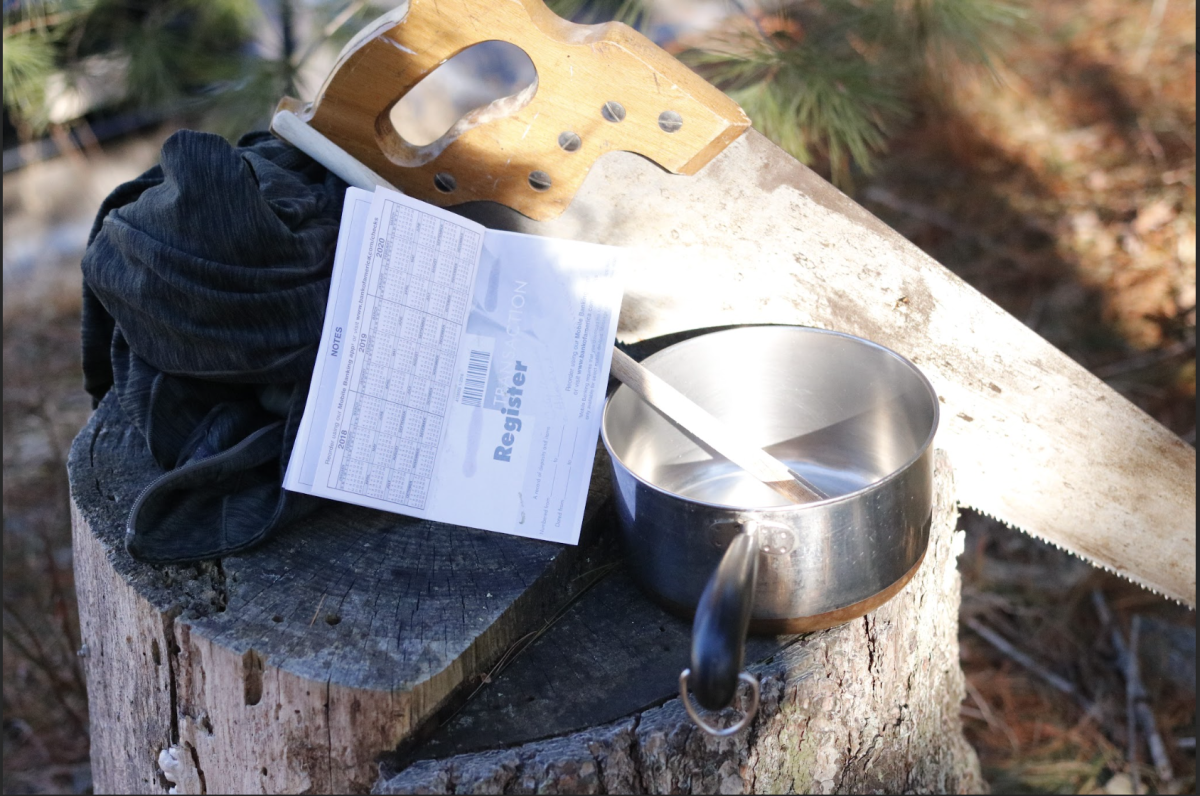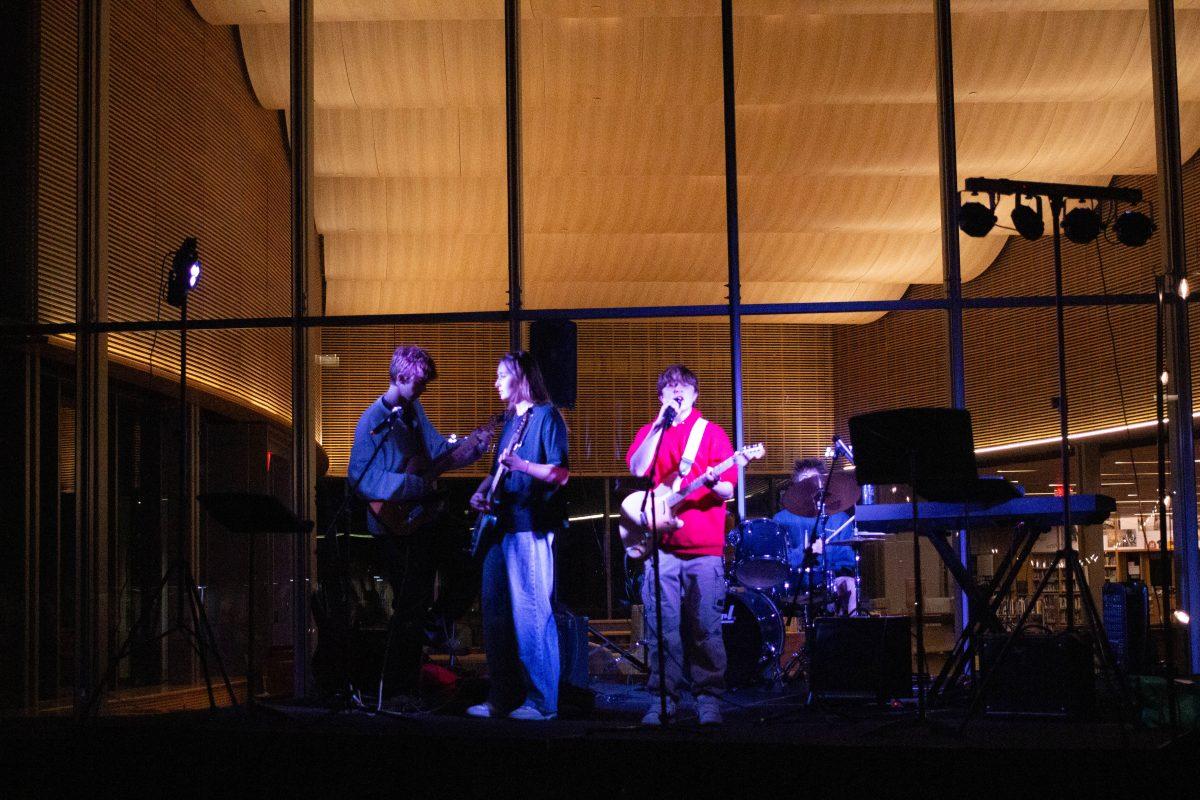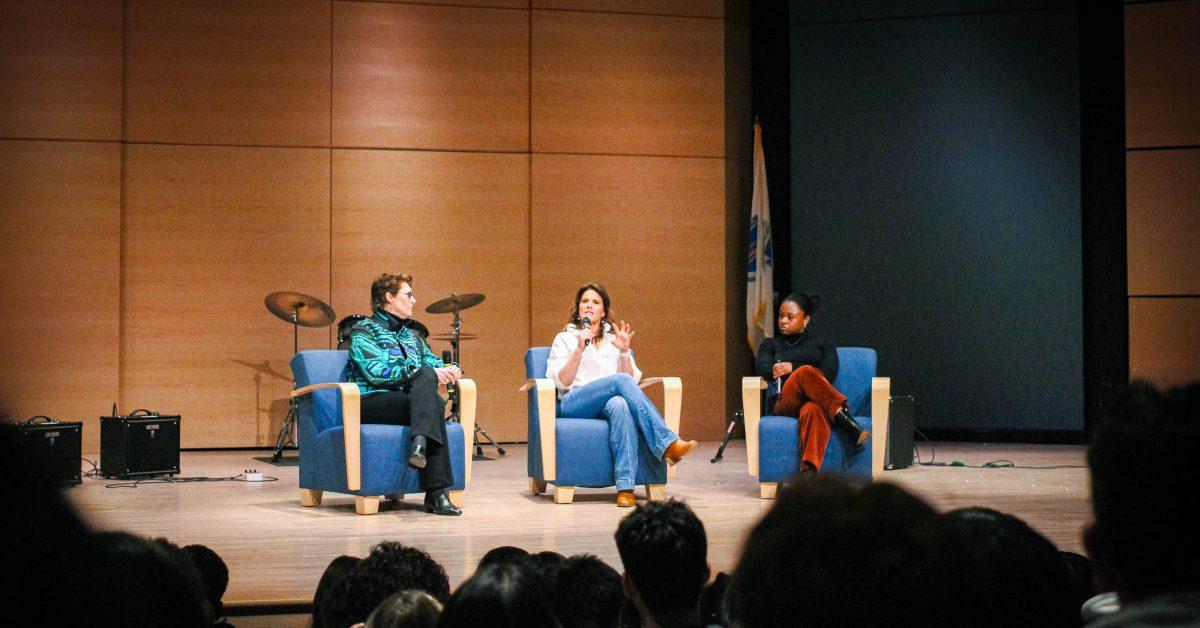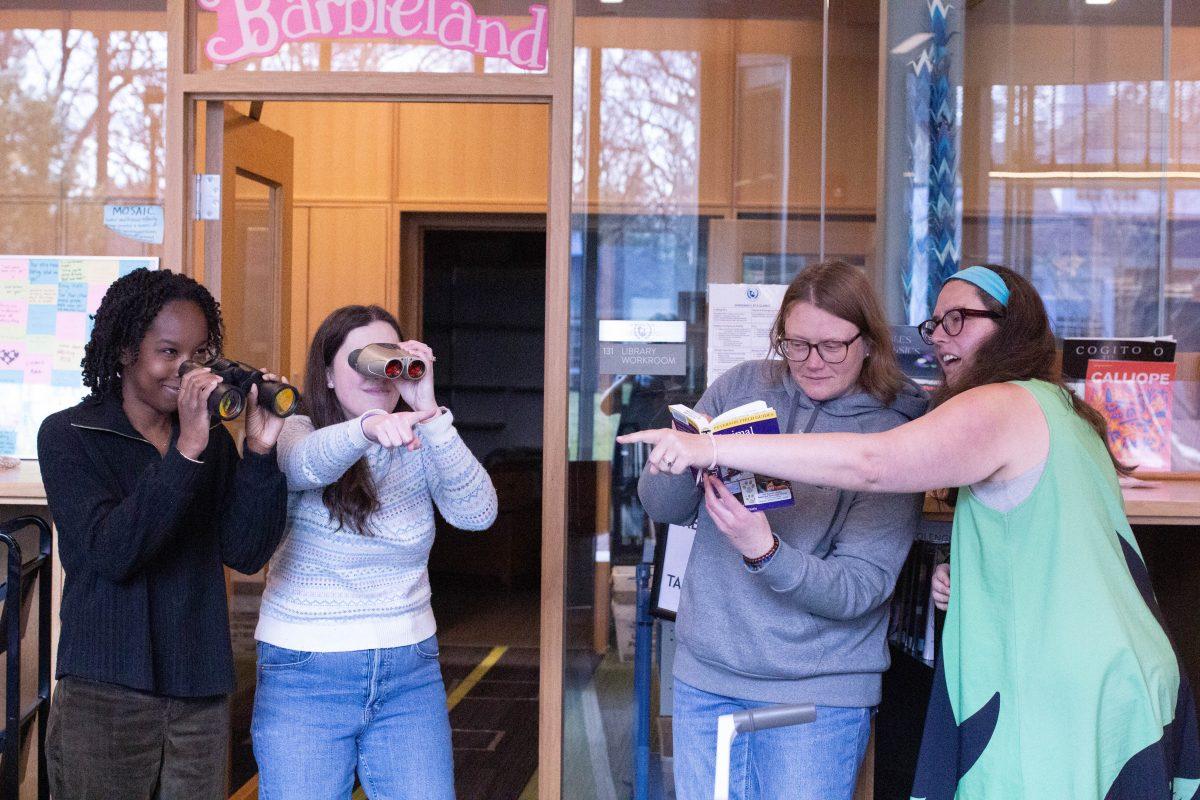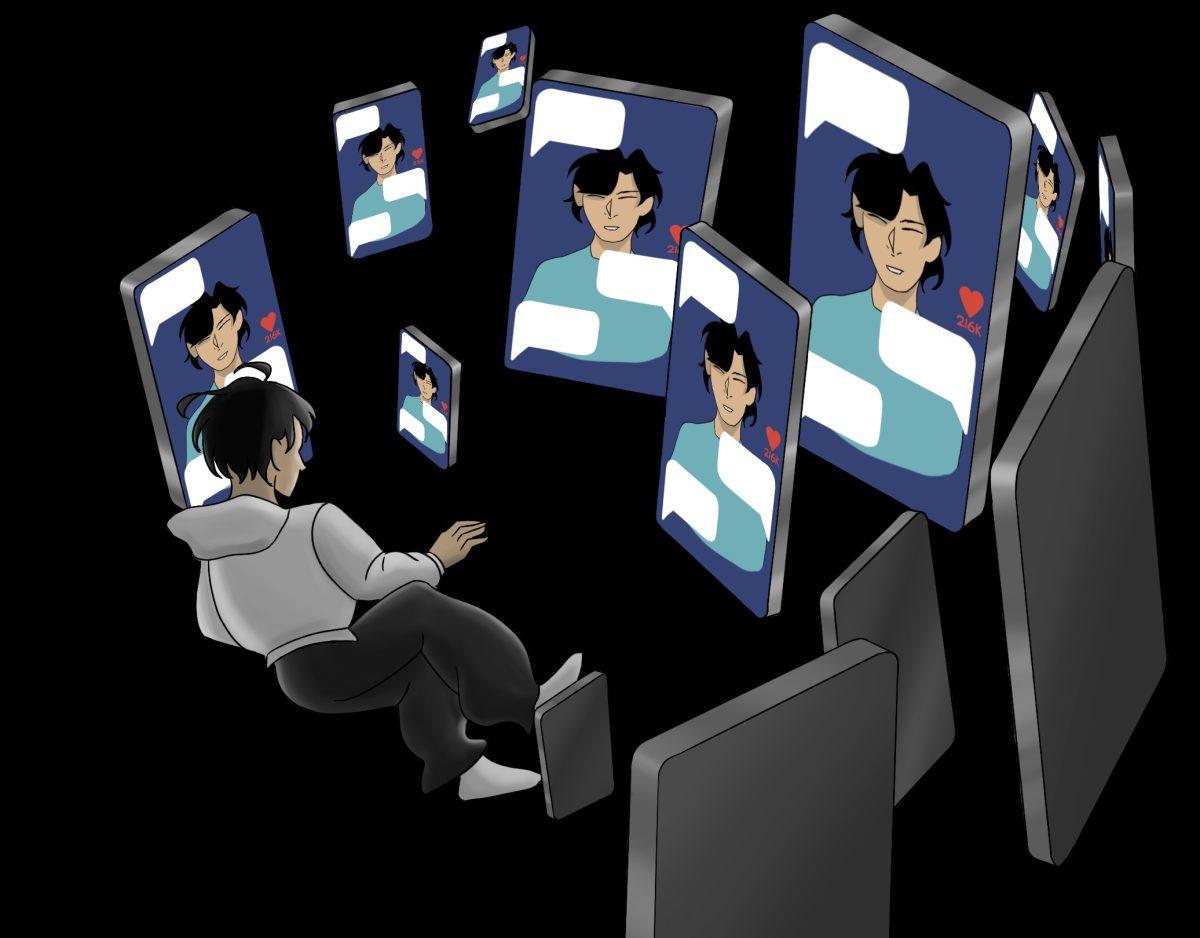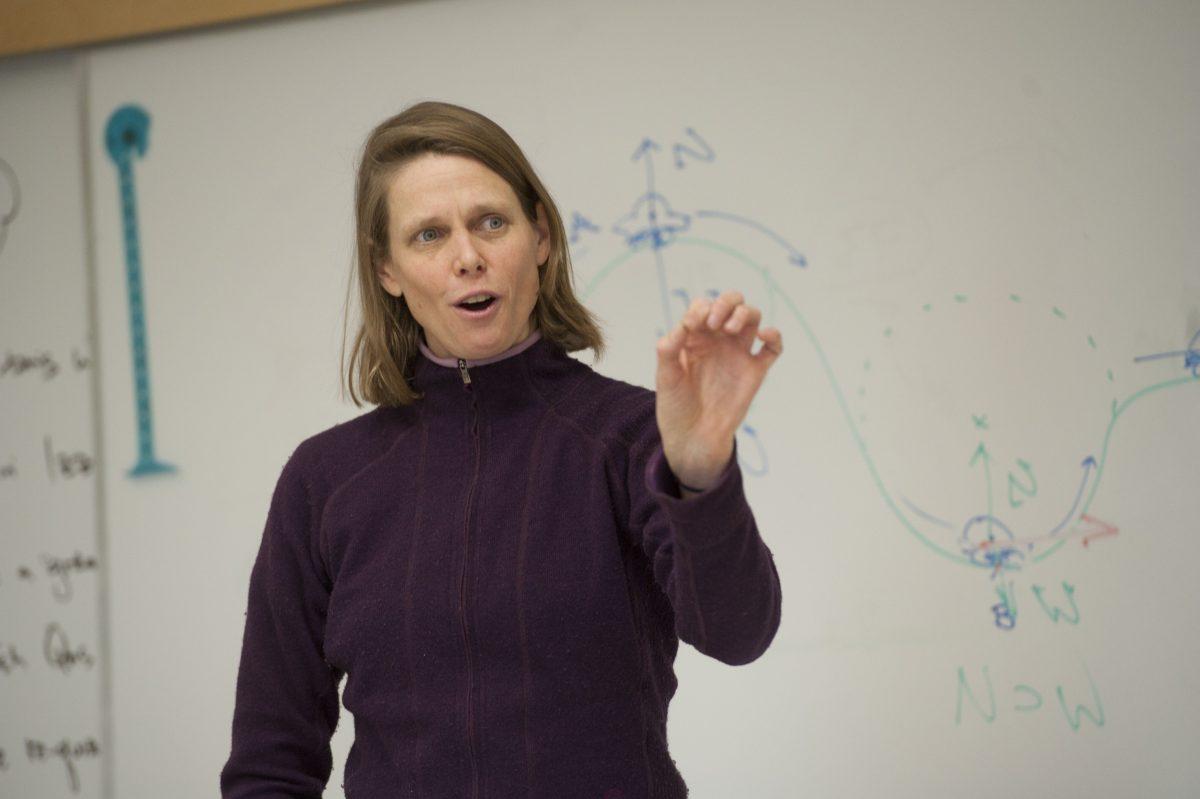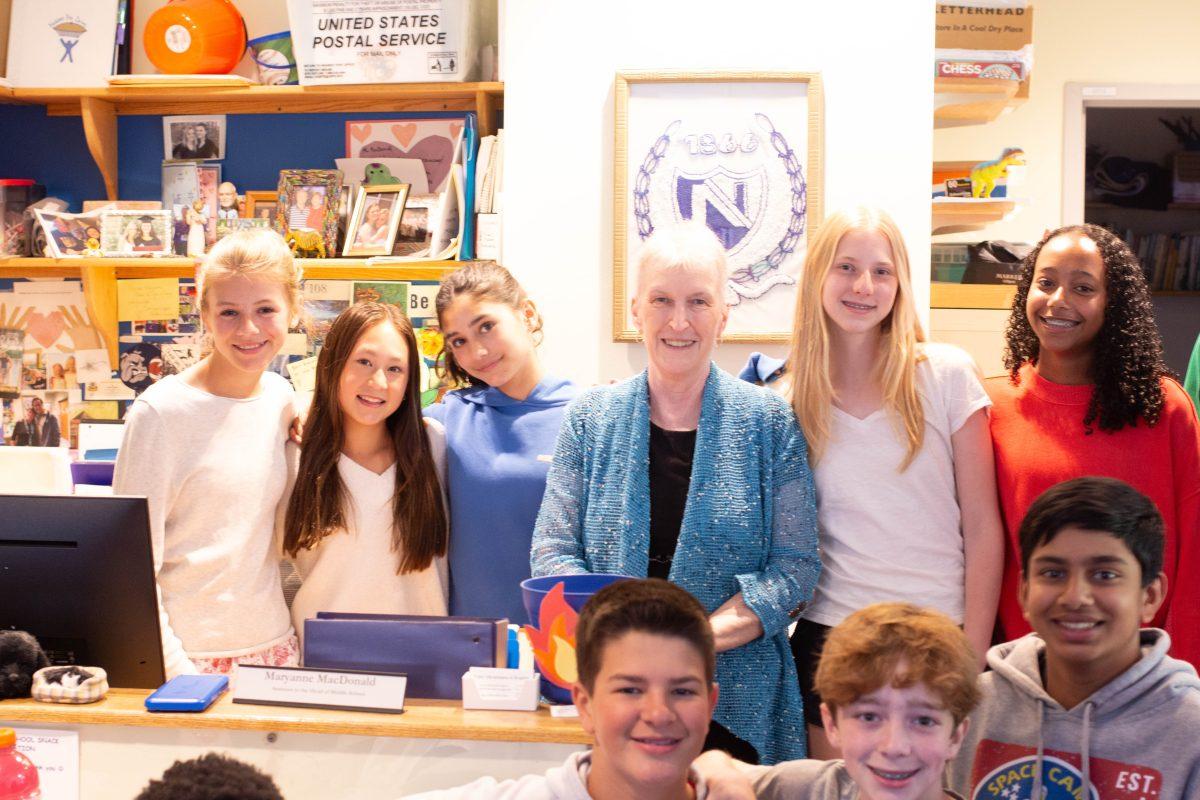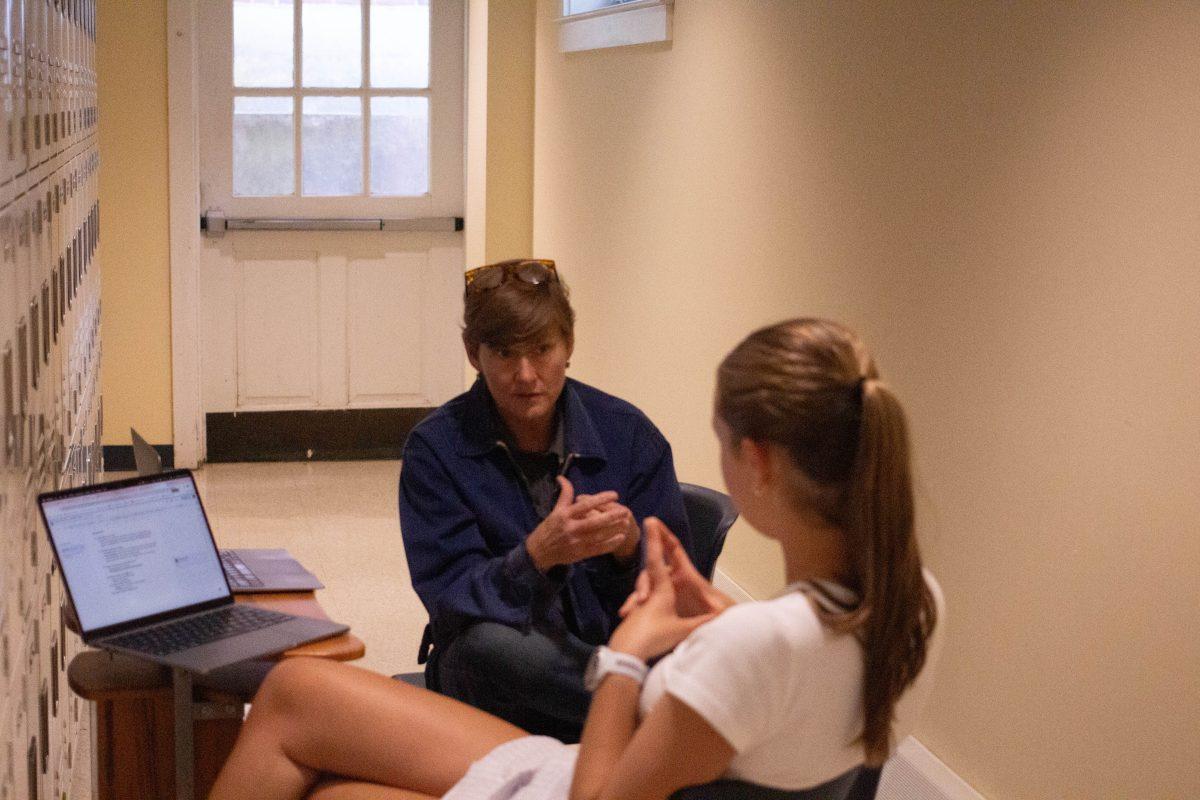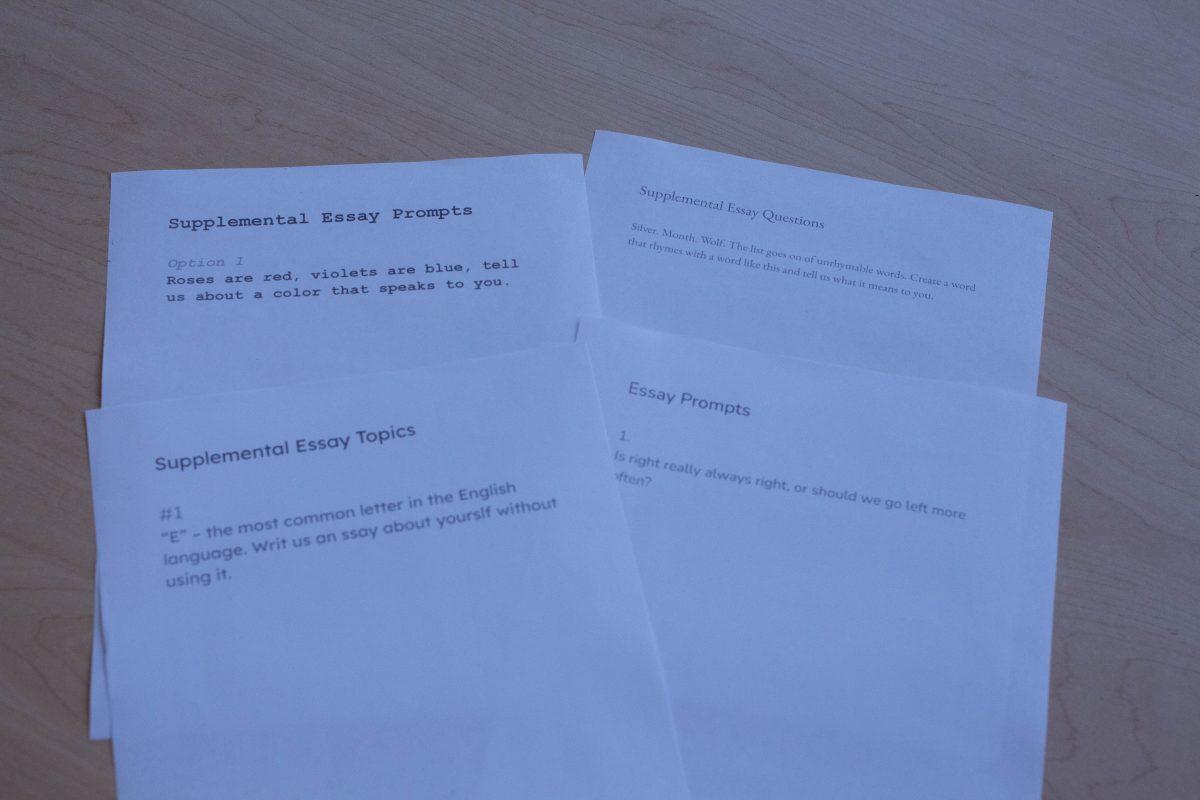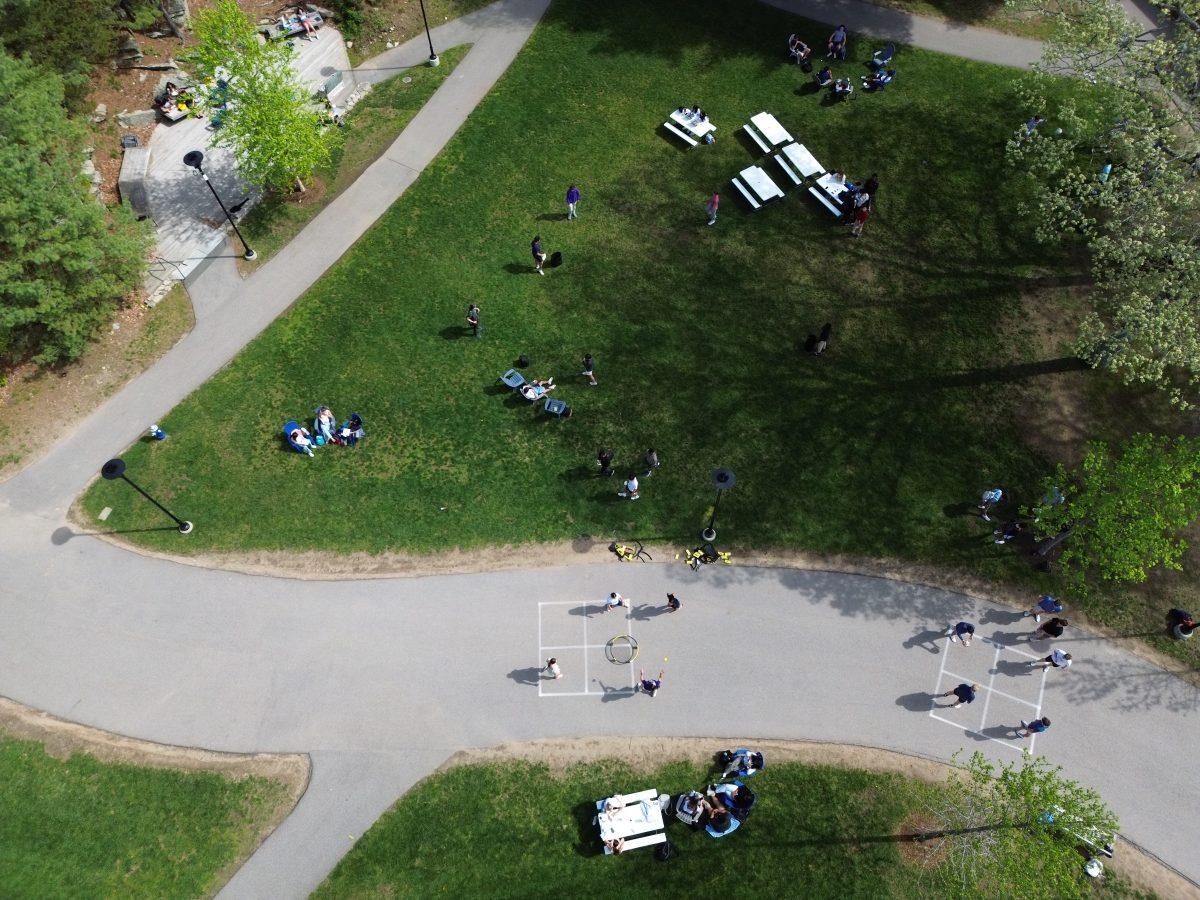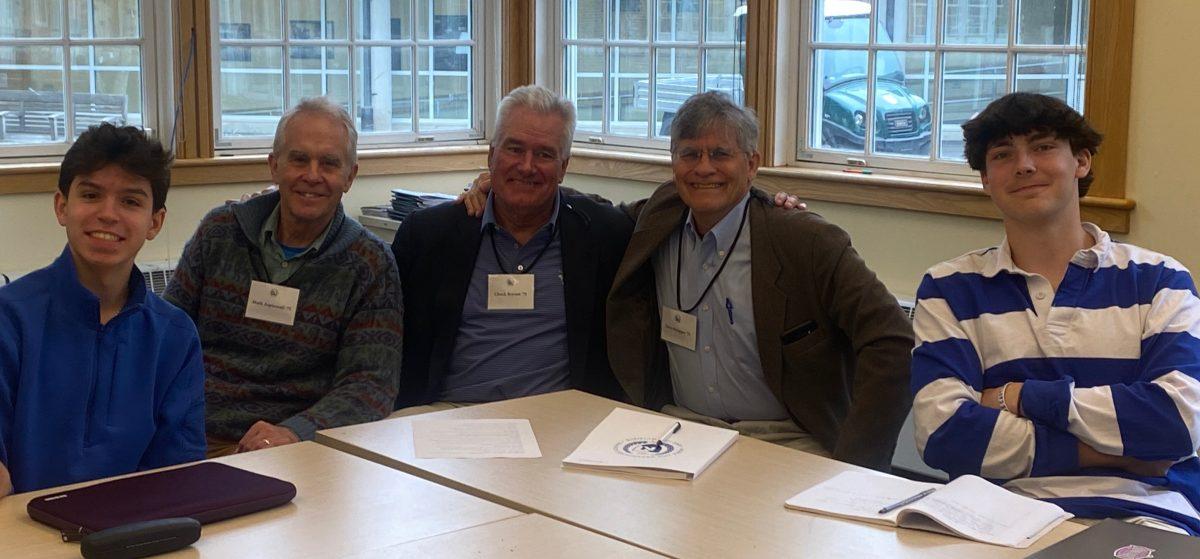On Wednesday afternoons, as part of a routine faculty-wide email, Director of Teaching and Learning Mike Kalin sends out several resources: educational articles, news clippings, and a new episode of the NoblesU Podcast. The podcast first launched in 2023 and Kalin interviews a different faculty or staff member every episode. The series aims to present an opportunity for members of the community to hear the stories of others beyond what busy day-to-day schedules may permit. In 15–30 minute-long conversations, guests on the show Assistant Head of School John Gifford, Director of Psychology and Counseling Jen Hamilton, and History and Social Science Faculty Jenny Carlson-Pietraszek may share anything from what led them to Nobles to their experiences in their professional lives.
The podcast was created in 2023, as the school examined the wording of its mission and core values, yet finding ways to foster “connection” where “connectivity” implied screen time rather than face-to-face relationships was a tall order. Appealing to the increasingly ingrained technology of everyday life, Kalin sought to build a platform for forging connections accessible to those with busy schedules; a podcast could be listened to in the car, during passing time, or even while writing comments. Following administrative approval, he set up his “studio”—microphones, a quiet office, and a computer—and set to work.
Today, the podcast has become a staple of the Nobles faculty experience. Since its creation, the podcast has amassed more than 1700 downloads, while episodes collect an average of 30 views in the weeks following their publication. Many alumni and parents also listen to the podcast. The podcast’s production lies in Kalin’s hands; he handles the topic of each episode, drafts questions, and edits the recordings. He begins with an email sent to a potential interviewee, asking if they’d be interested in coming onto the podcast. “I generally choose different folks in the community to interview, and I try to do my best to choose different areas of the school, different levels of experience, different life experiences, so that it’s not just one department or one area of the school, but trying to get a sample of folks from a lot of different areas,” said Kalin.
“I generally choose different folks in the community to interview, and I try to do my best to choose different areas of the school, different levels of experience, different life experiences, so that it’s not just
one department or one area of the school.”
Upon receiving a response, Kalin will often provide a list of questions that can help guide the conversation. These questions are curated per individual and aim to display aspects of their life that are not widely known by most people. For example, those who know Classics and Modern Language Faculty Dave Ulrich know of his love of languages and can find out through his NoblesU interview (Episode 14) that his proficiency–to the self-proclaimed extent of being able to “order food”–extends to 10 languages and stems from traveling with phrasebooks.
The final product is a full, conversational dialogue that is only edited for quality and clarity. The editing process can take anywhere from 35 to 60 minutes, and if the interview itself may only need one take. Finally, the audio is uploaded to Spotify, Apple Podcasts, and Podbean. Through this process, Kalin has amassed a collection of narratives emblematic of the faculty at Nobles. Kalin is propelled by the goal of promoting connections between those listening, speaking, or learning about this podcast. The effect of the podcast on the Nobles community has been marked. “You always walk away from whatever interview you listen to with something on top of your mind, whether it’s like ‘Oh, I should think about that in the work that I do,’ or ‘I need to talk to [the interviewee] more about this,’” Assistant Head of Middle School Colette Finley said. Finley was also interviewed in November of 2023 (Episode 6), and discussed her experience working within the Middle School and her perspective on math in education. Looking ahead, interviewing students is in the cards. Though NoblesU is mainly popular among faculty members, it is accessible to all, with a hope for future expansion of both those interviewed and those tuning in.

